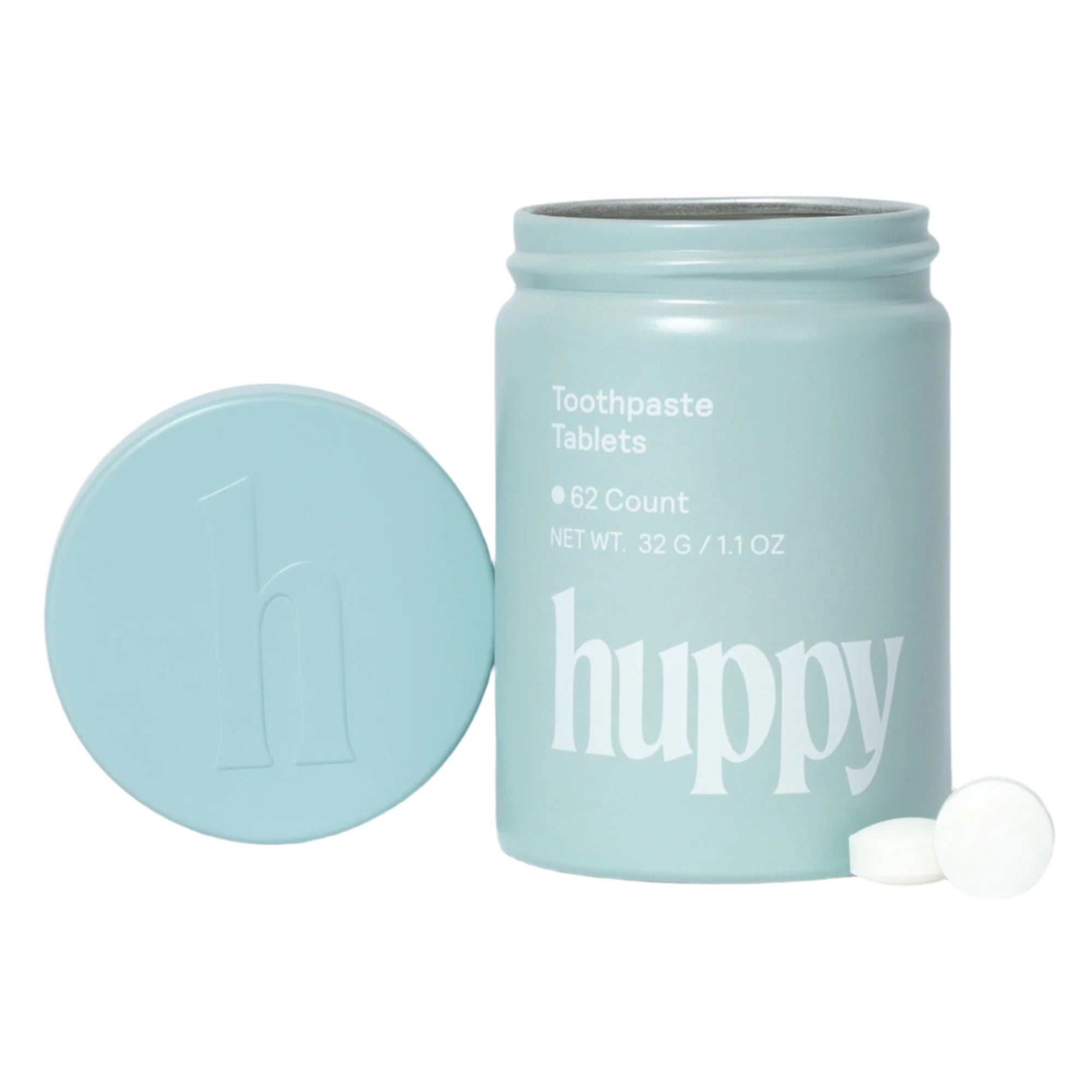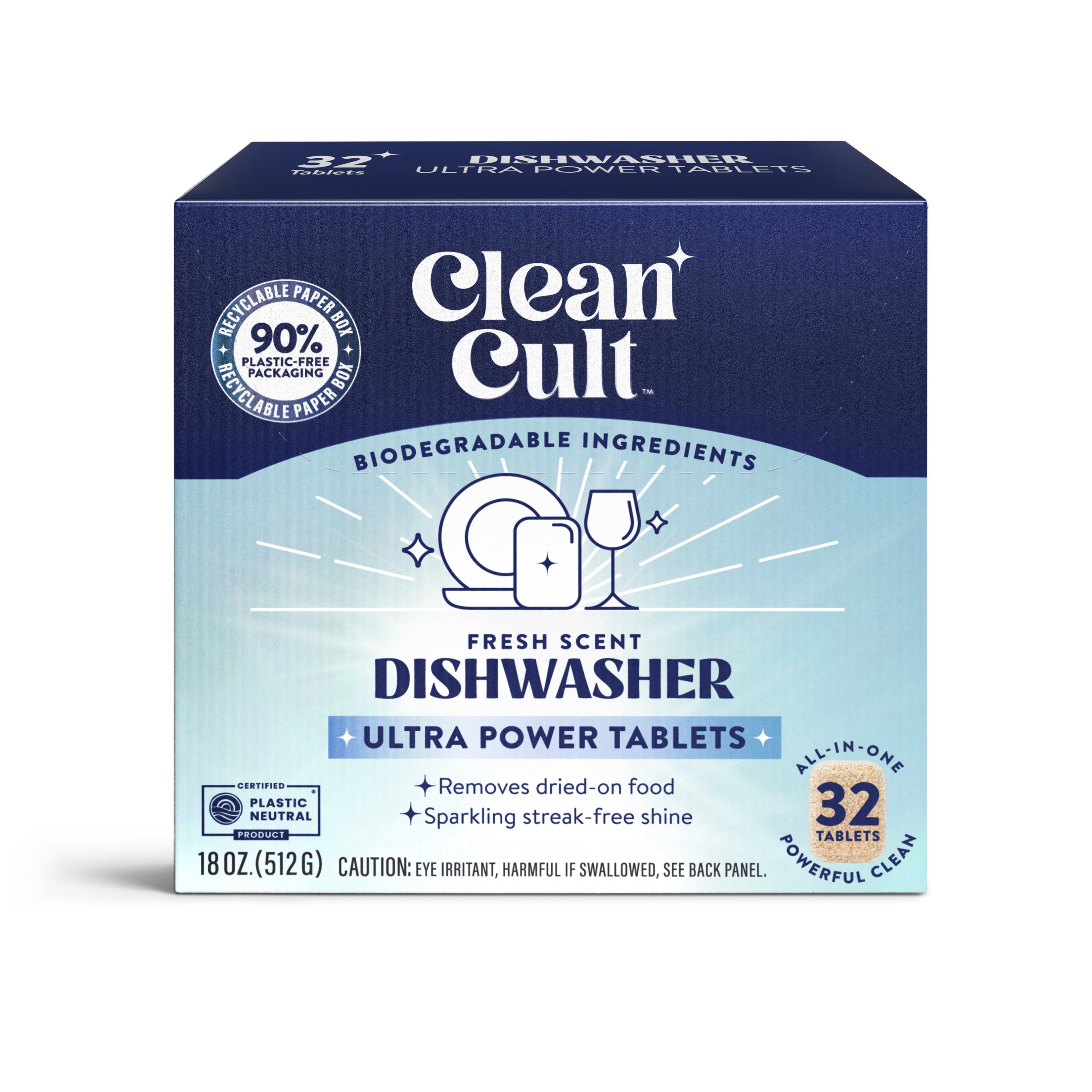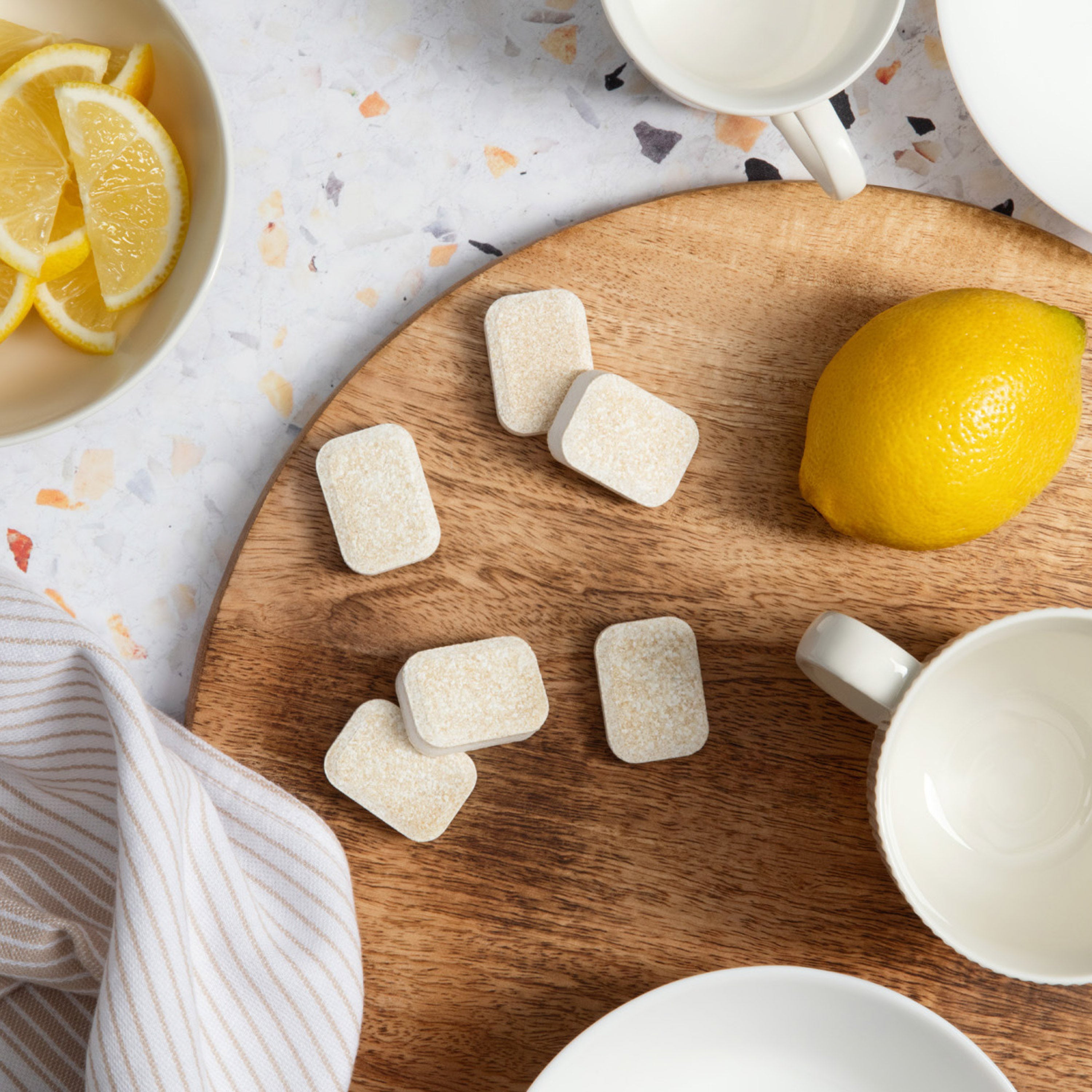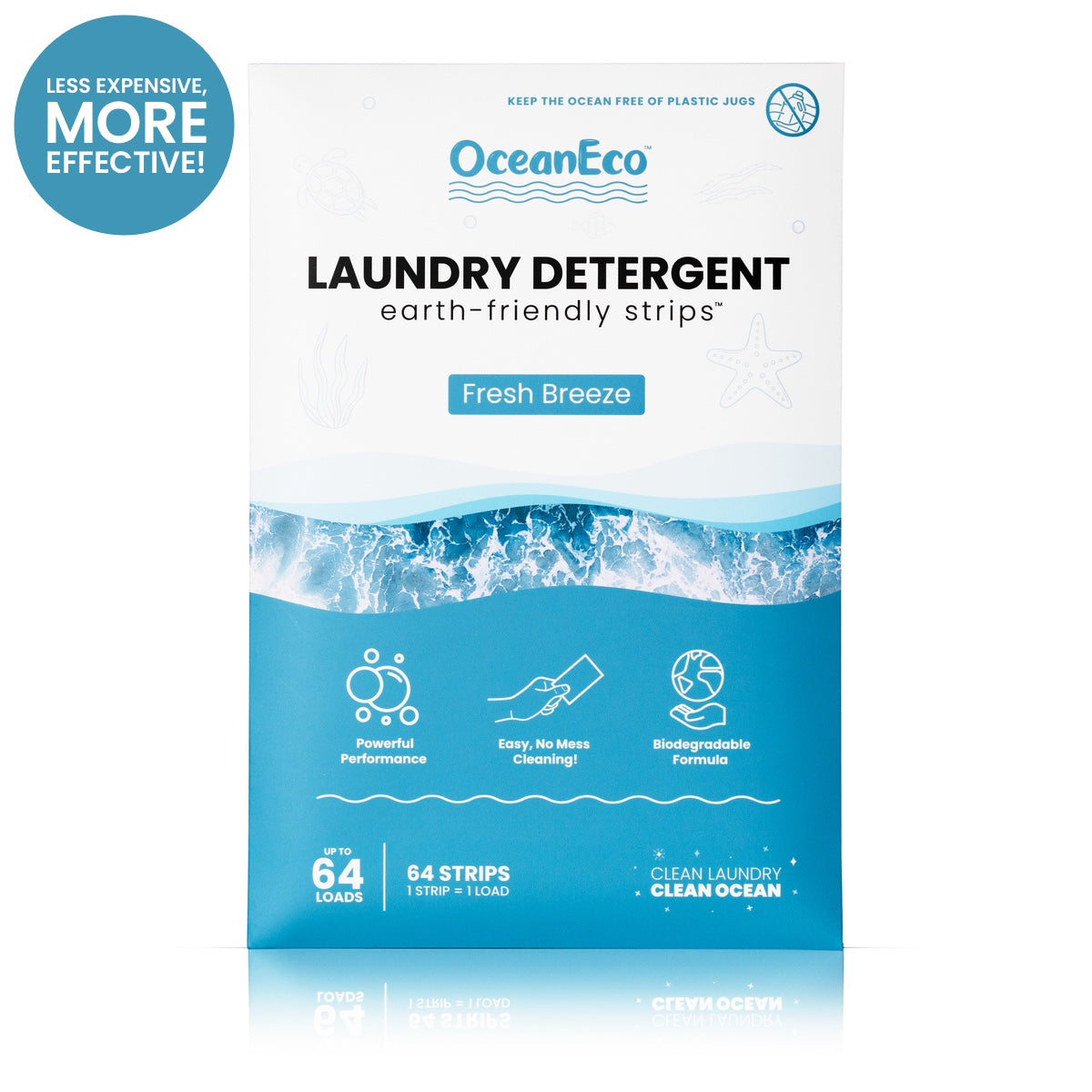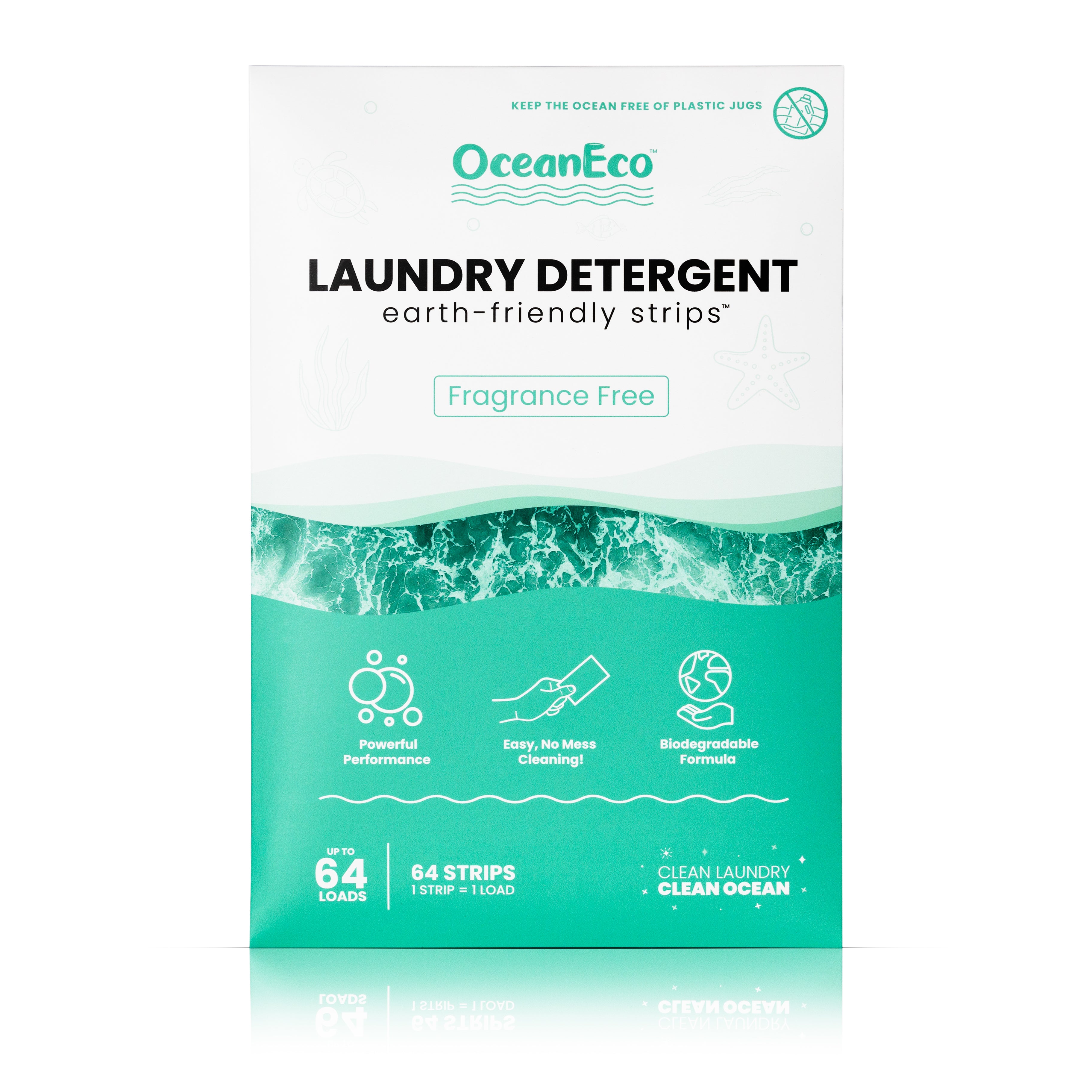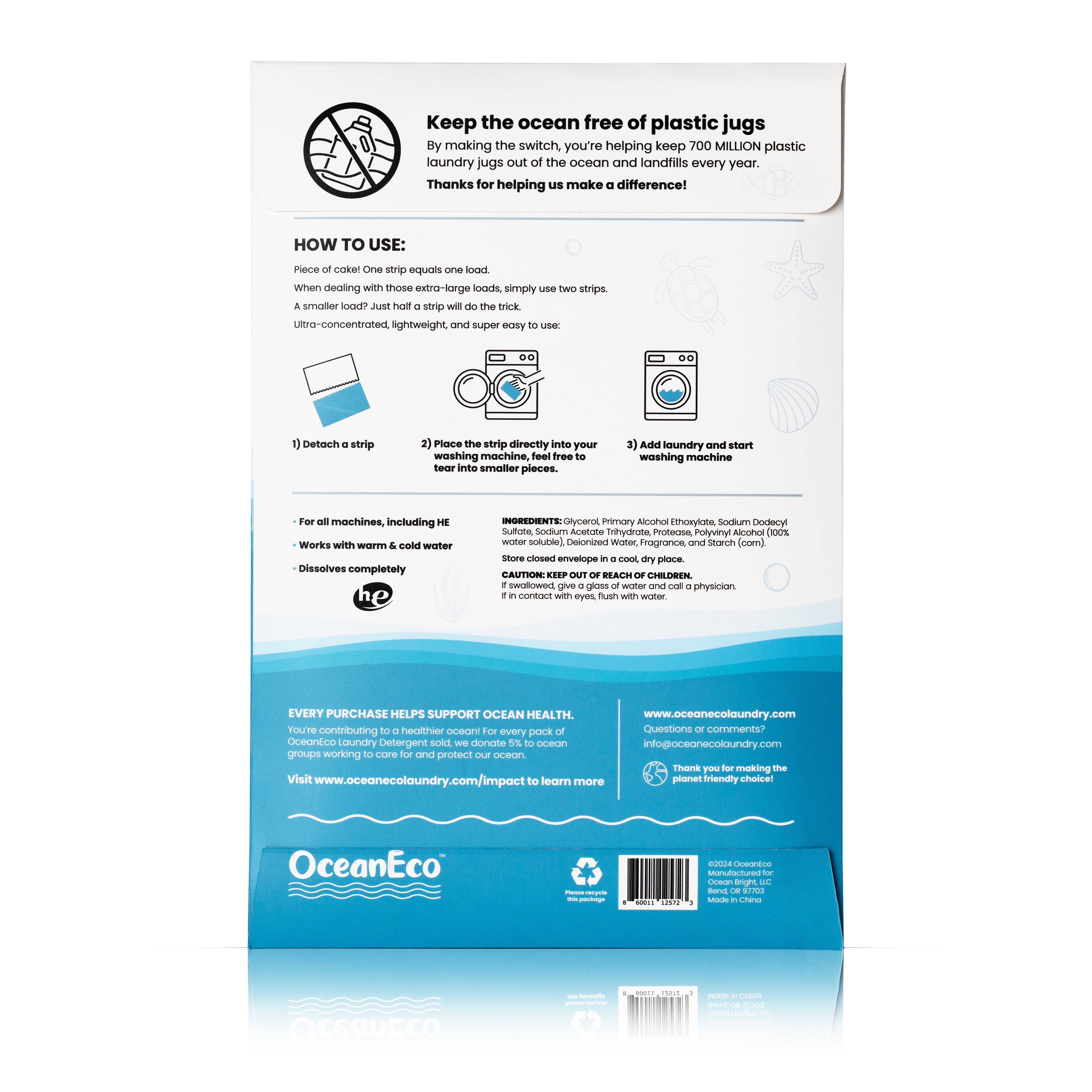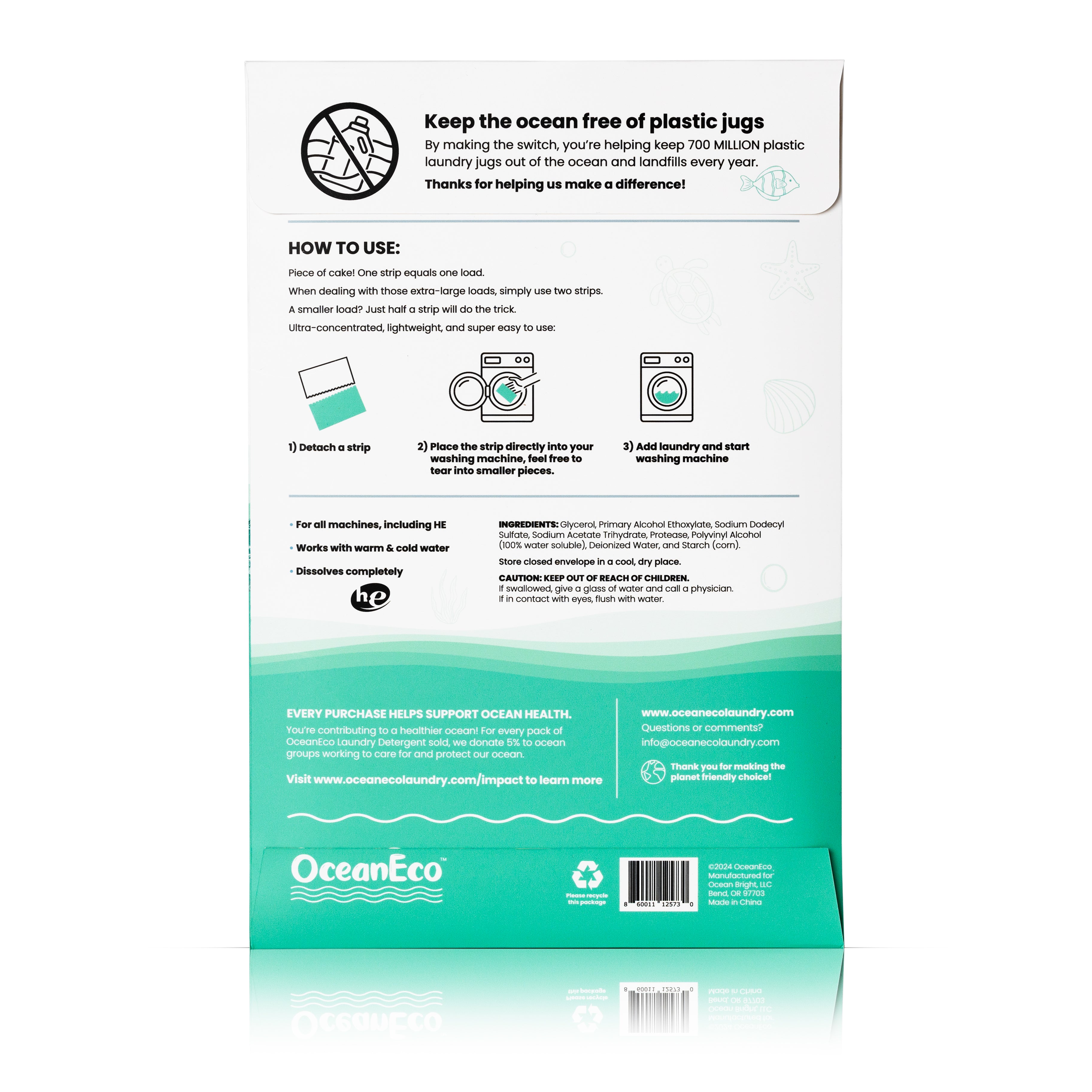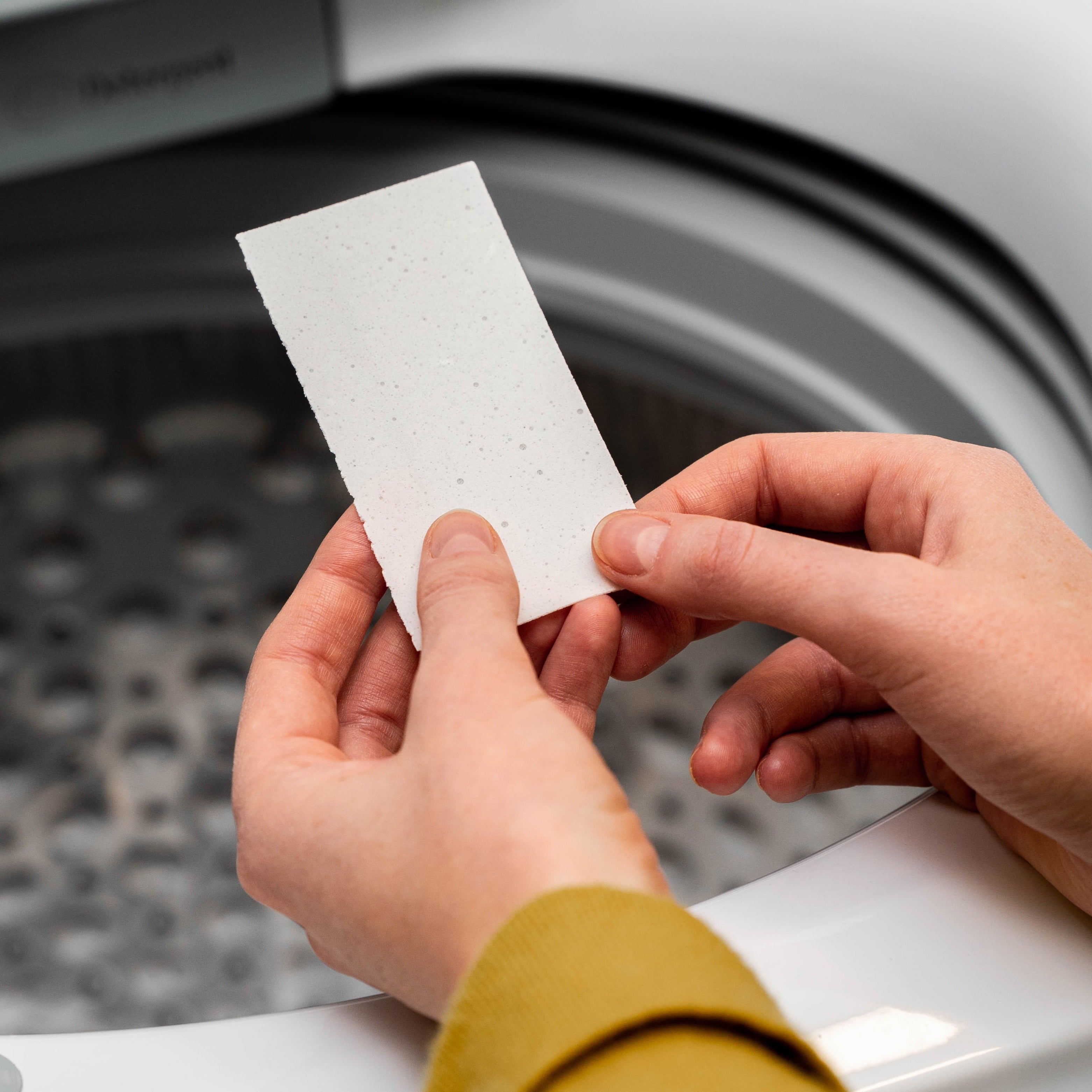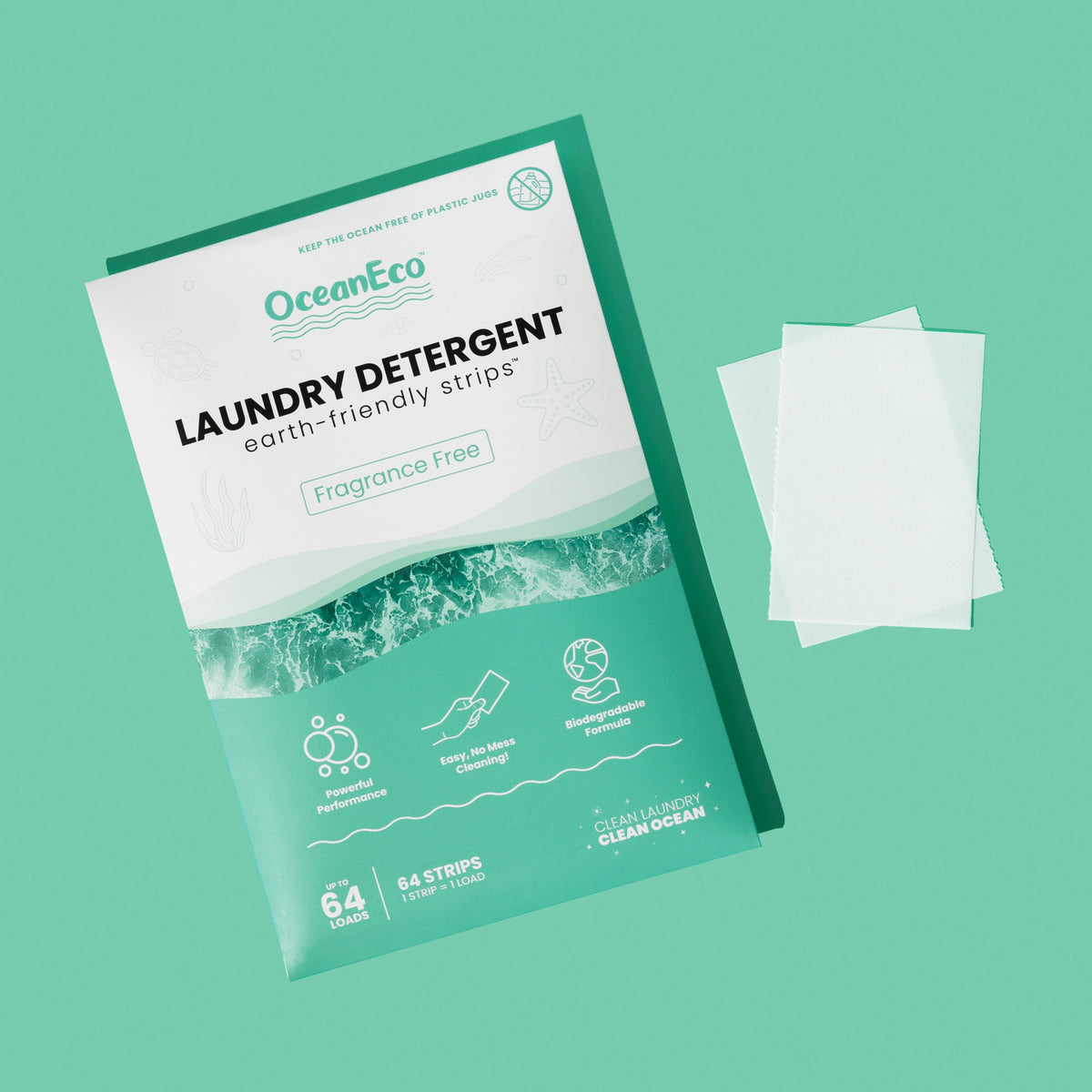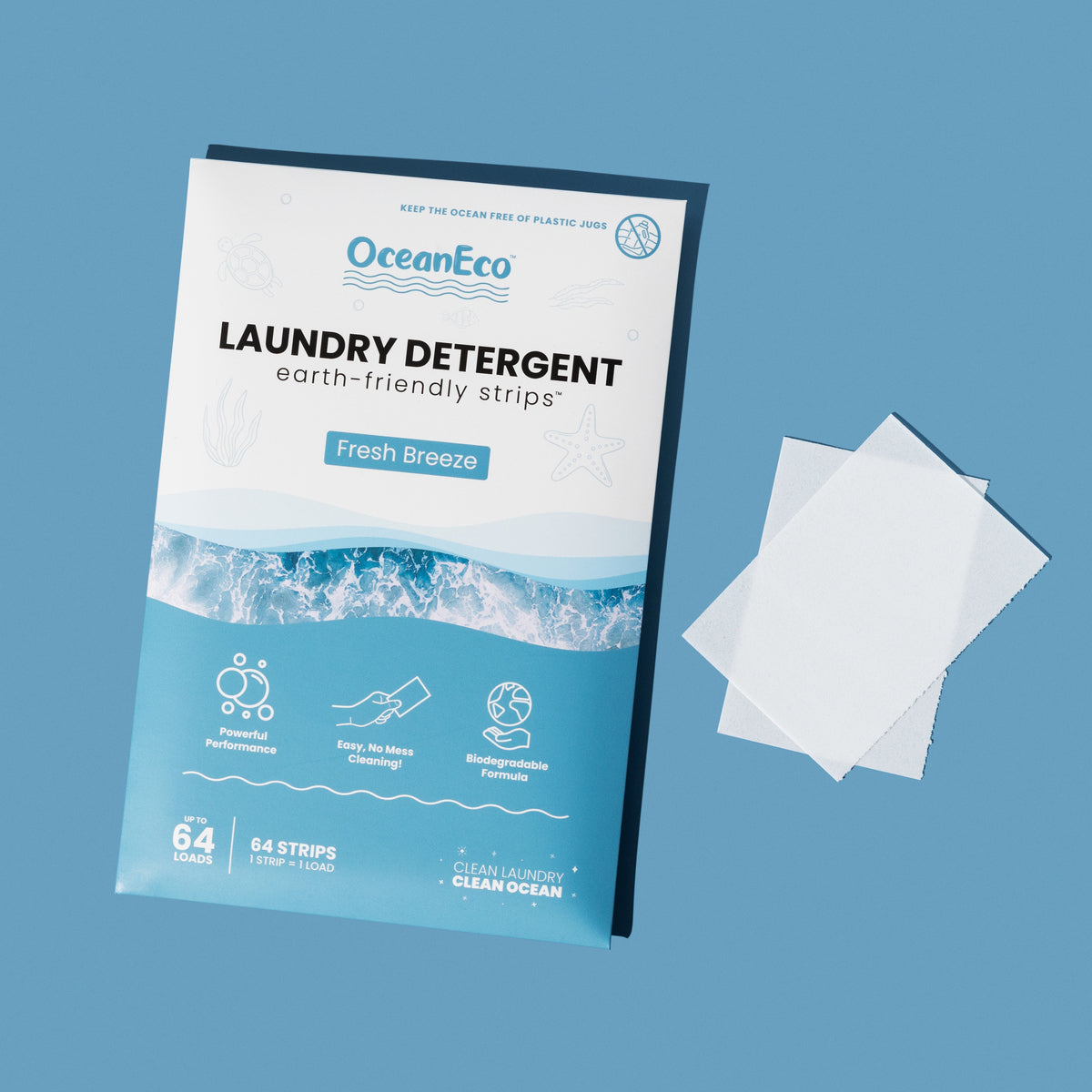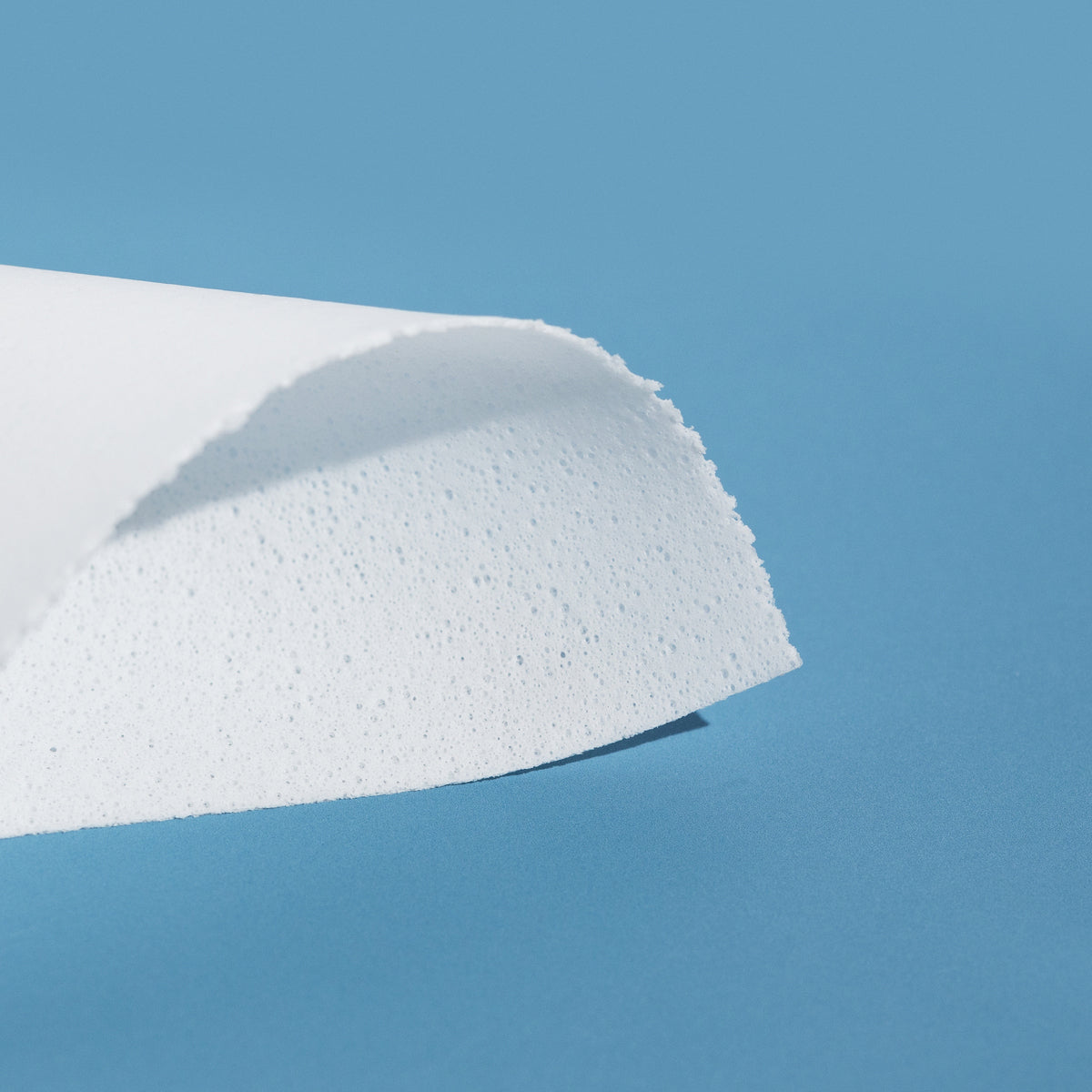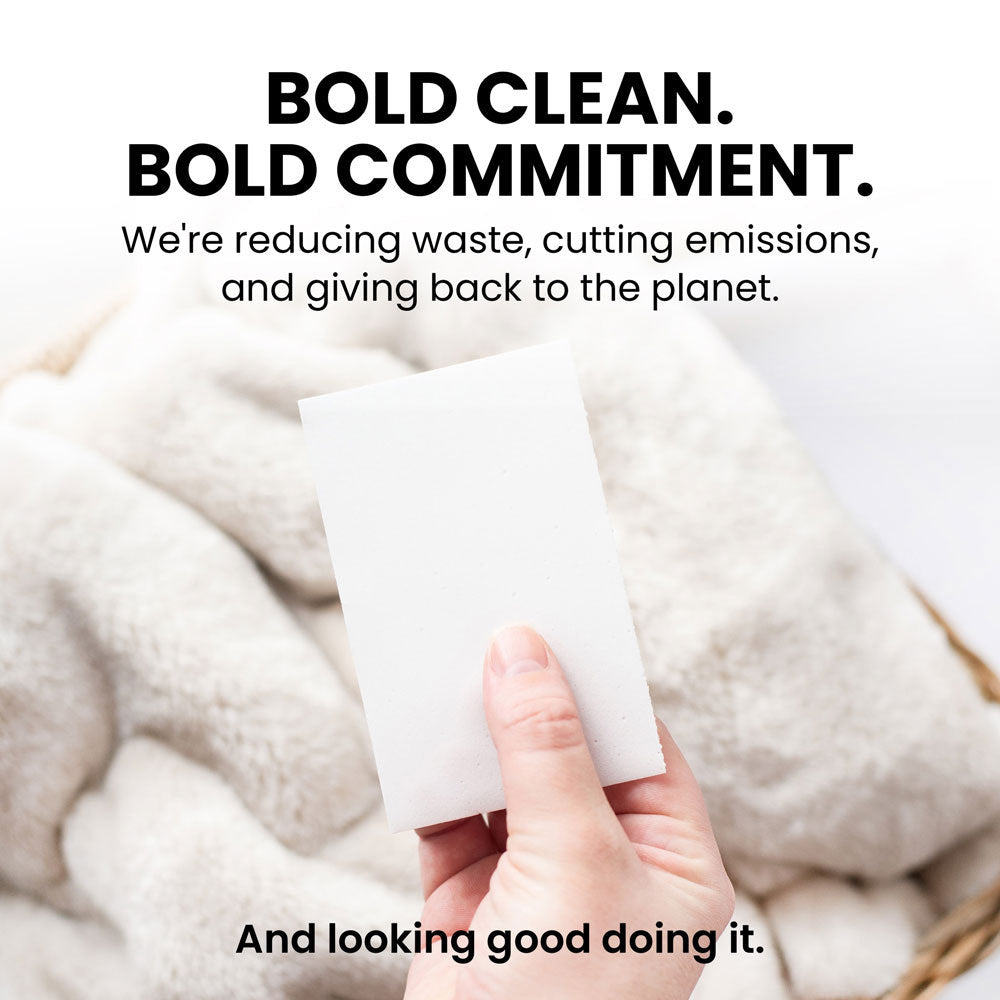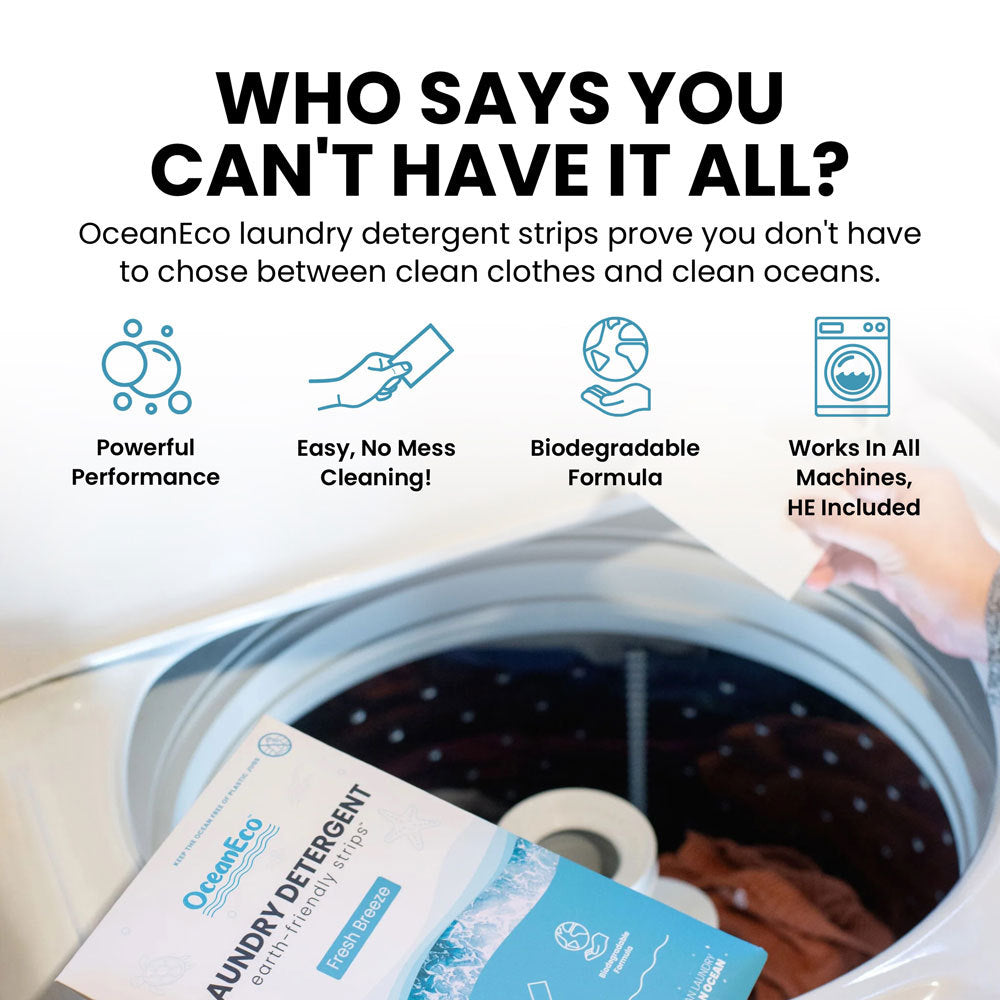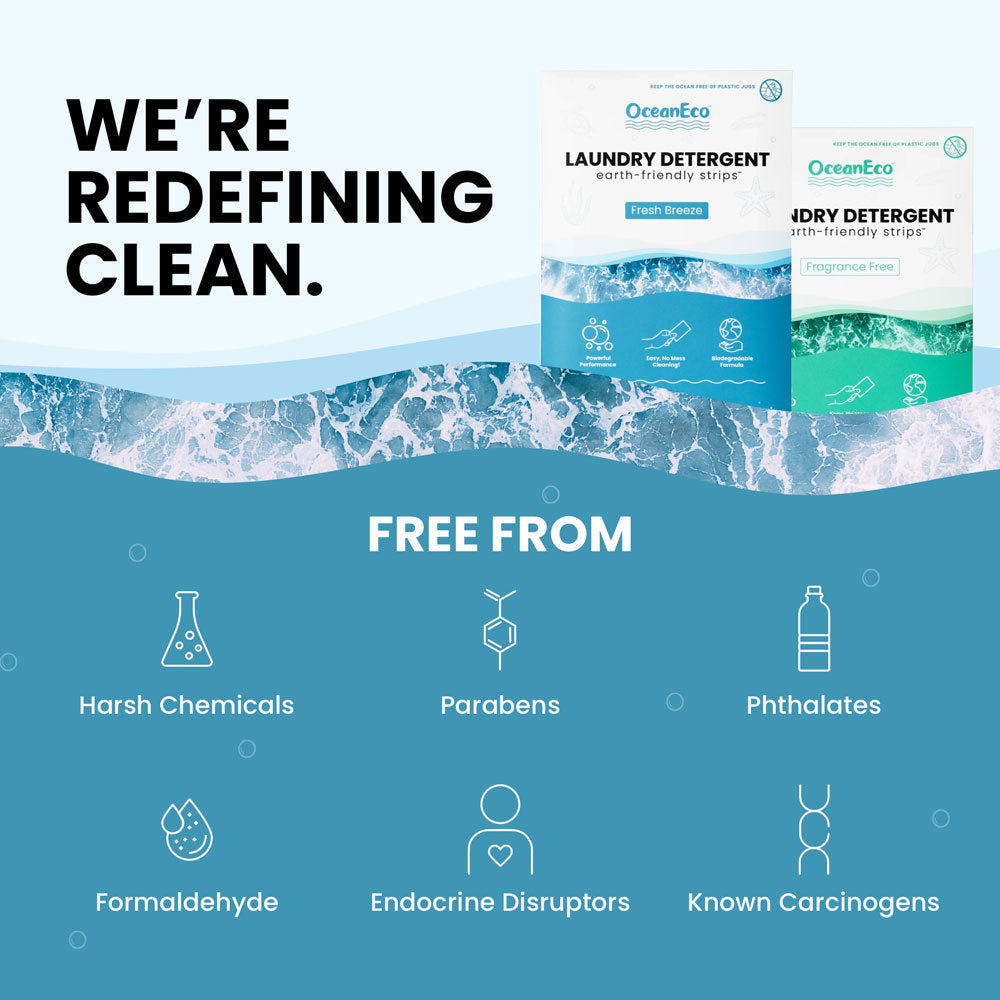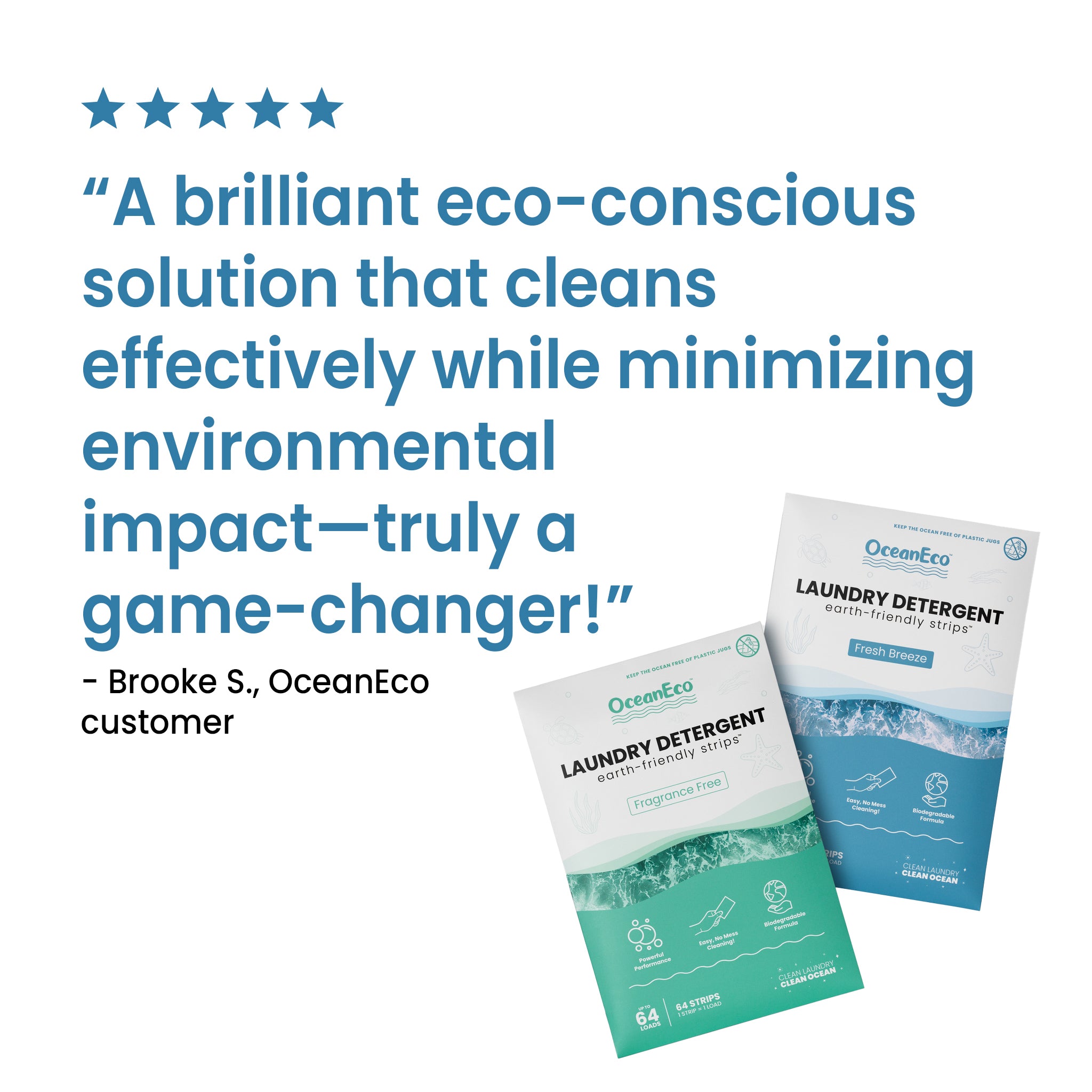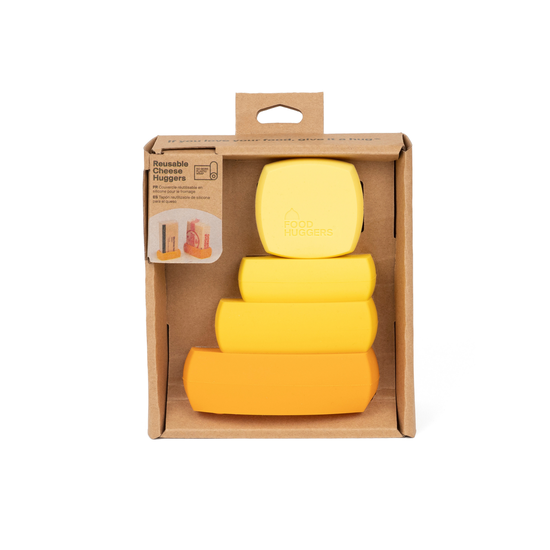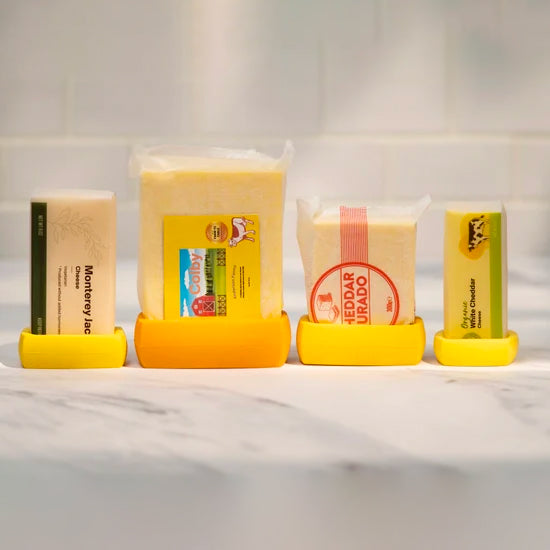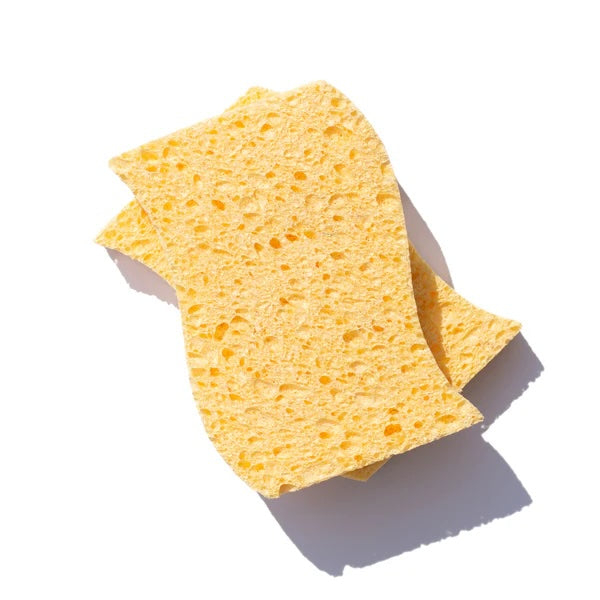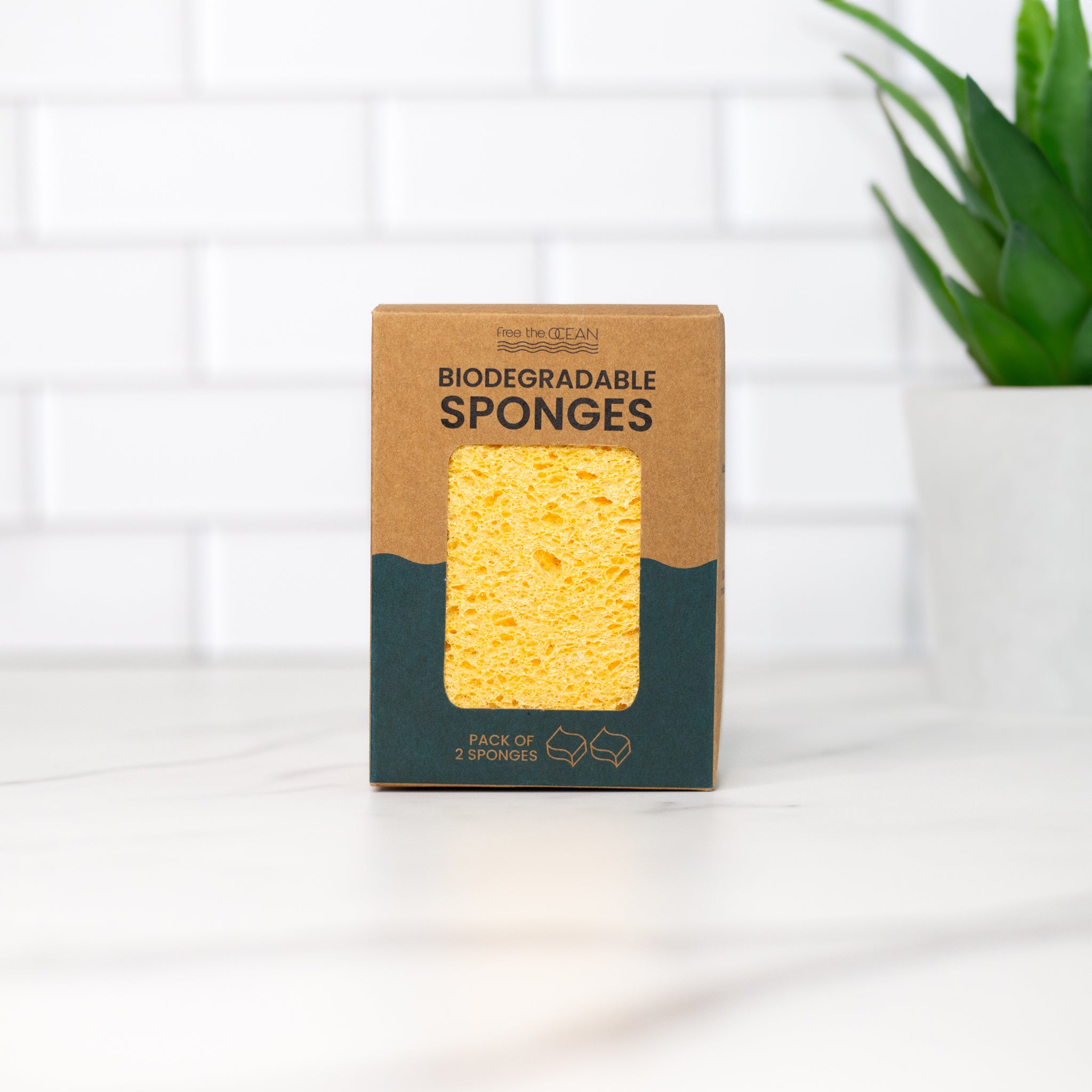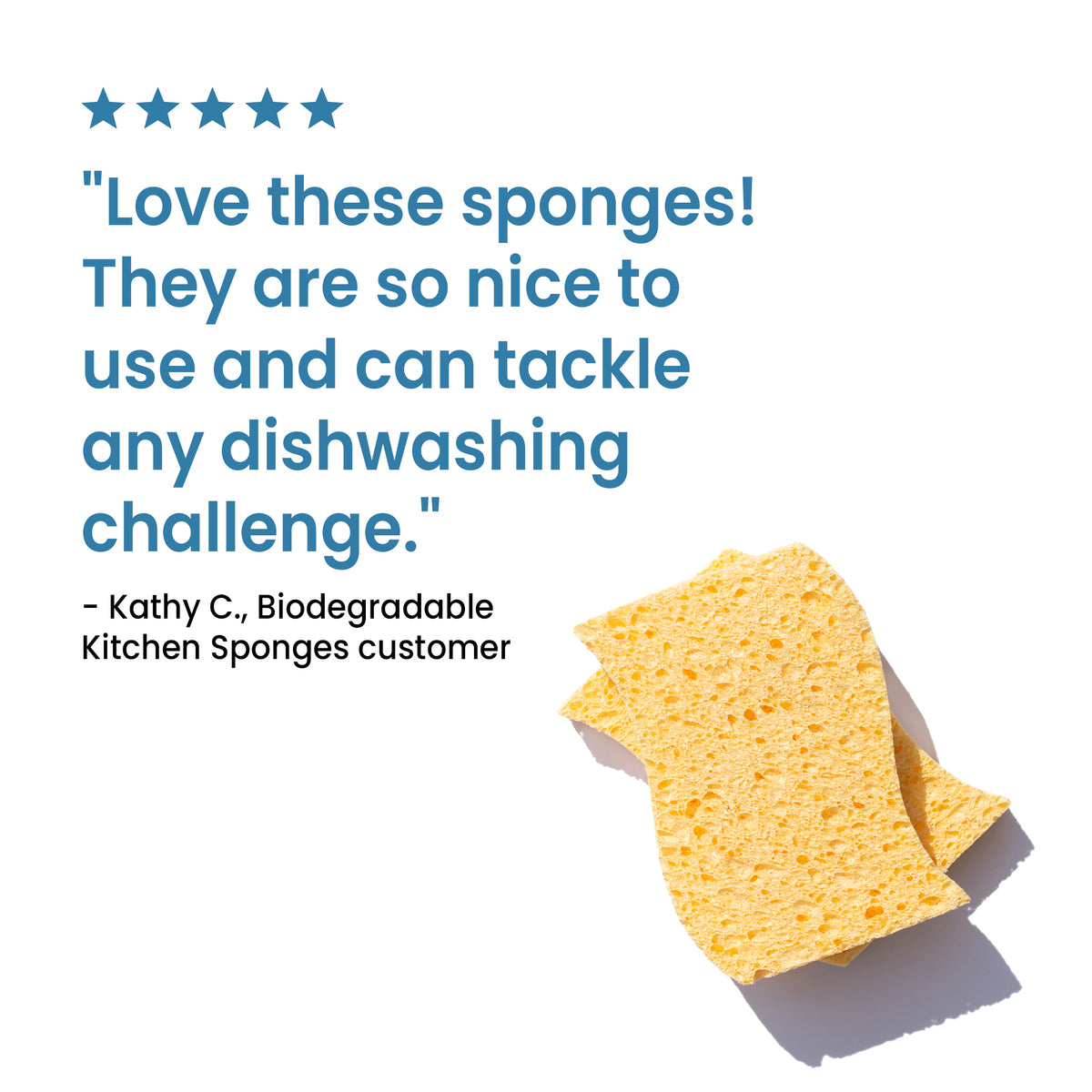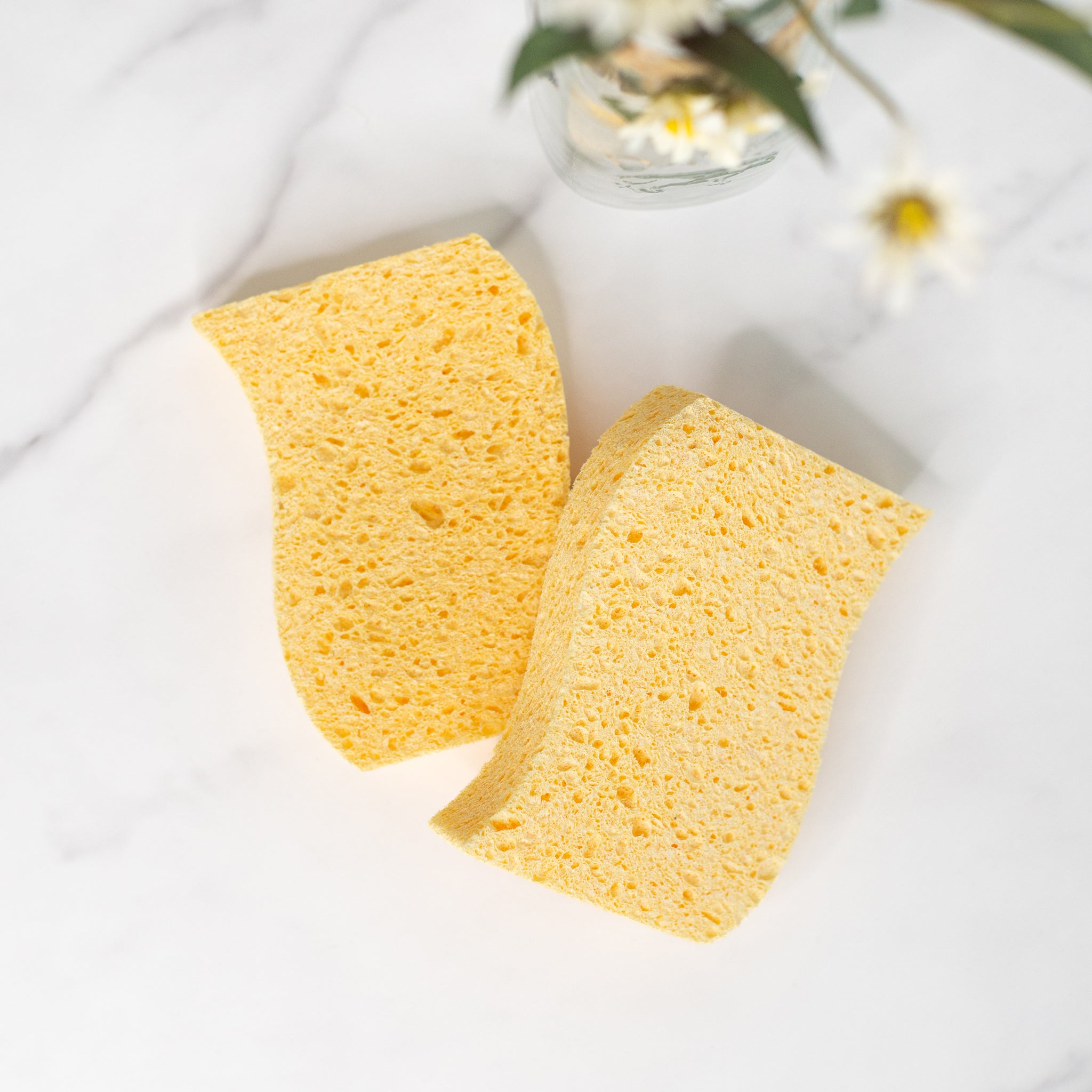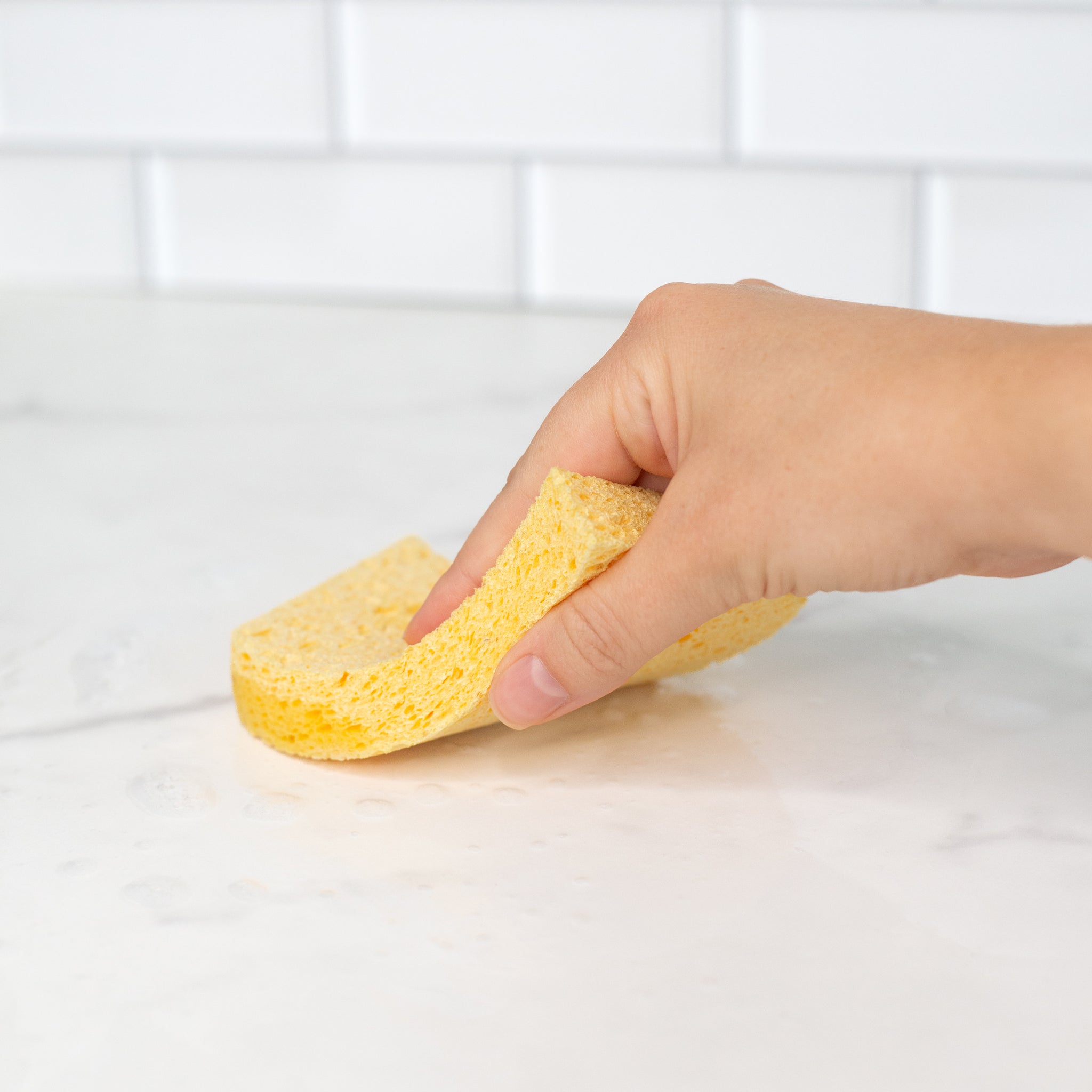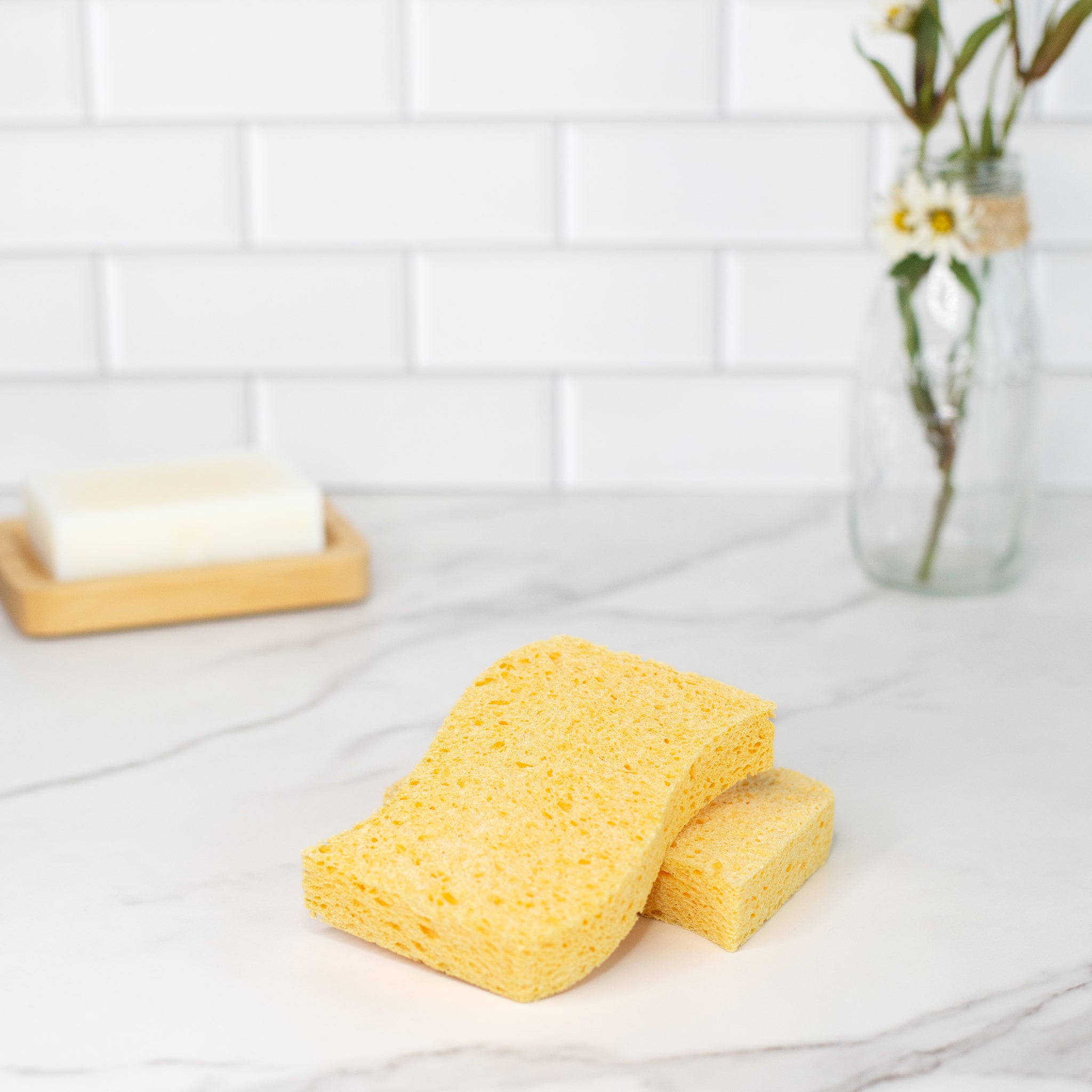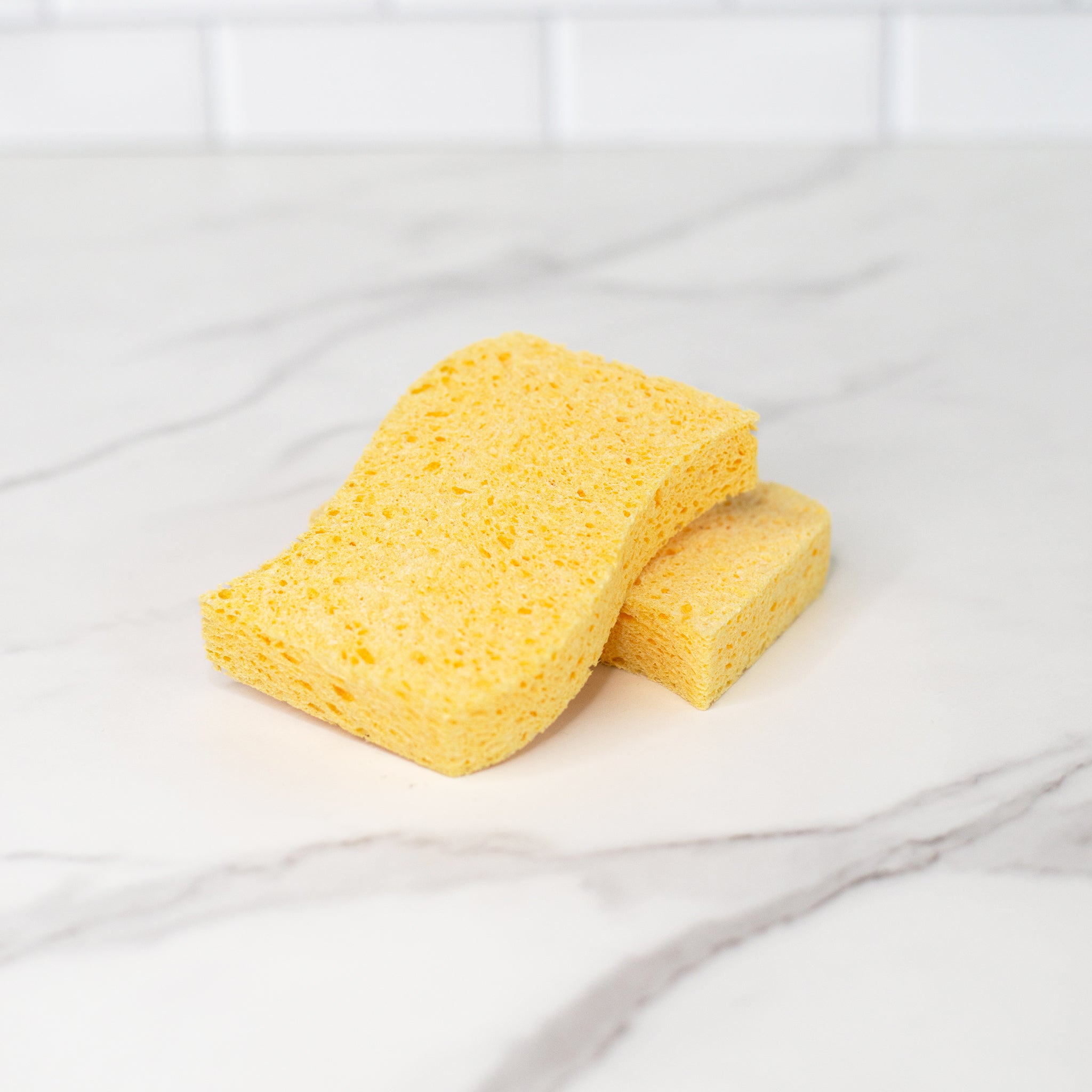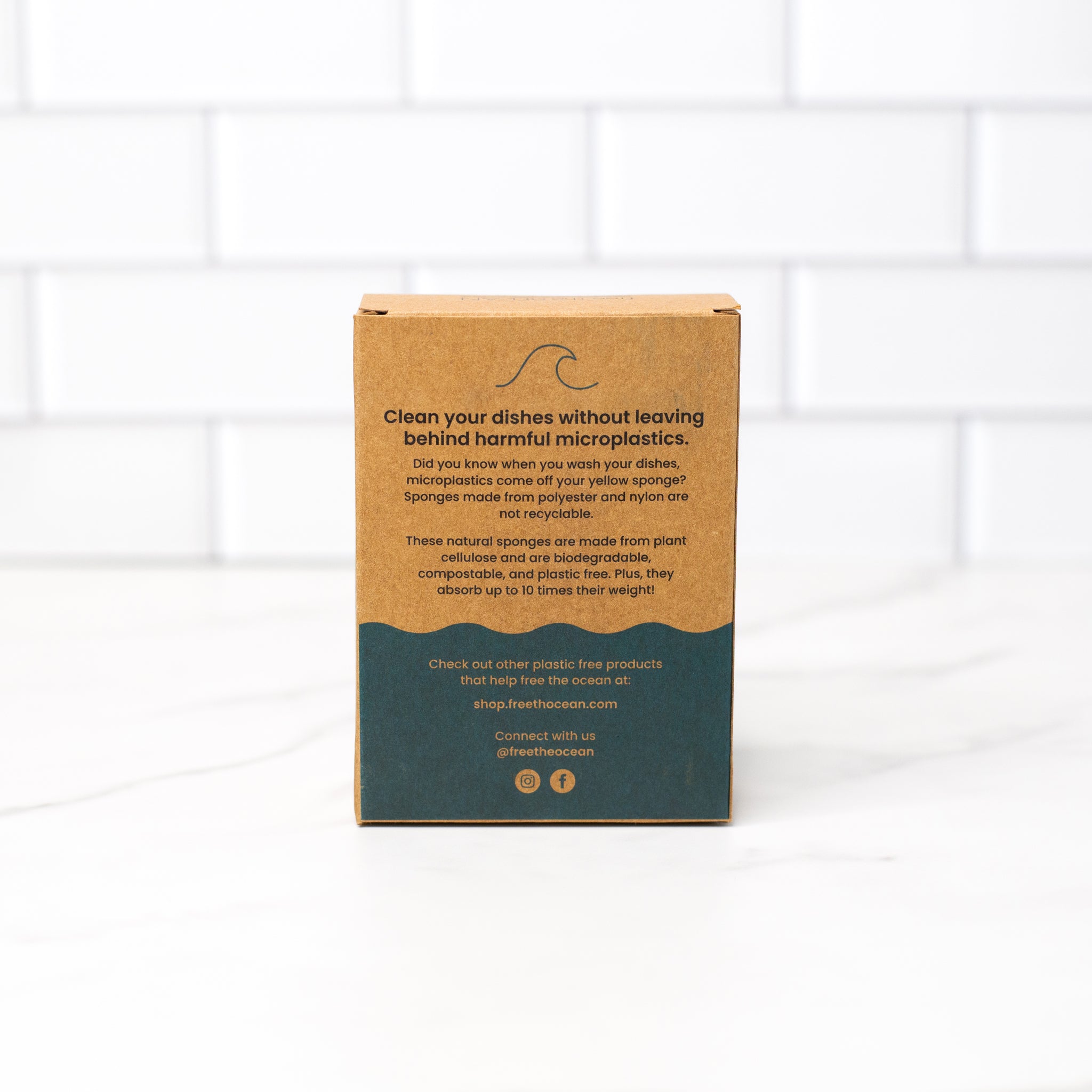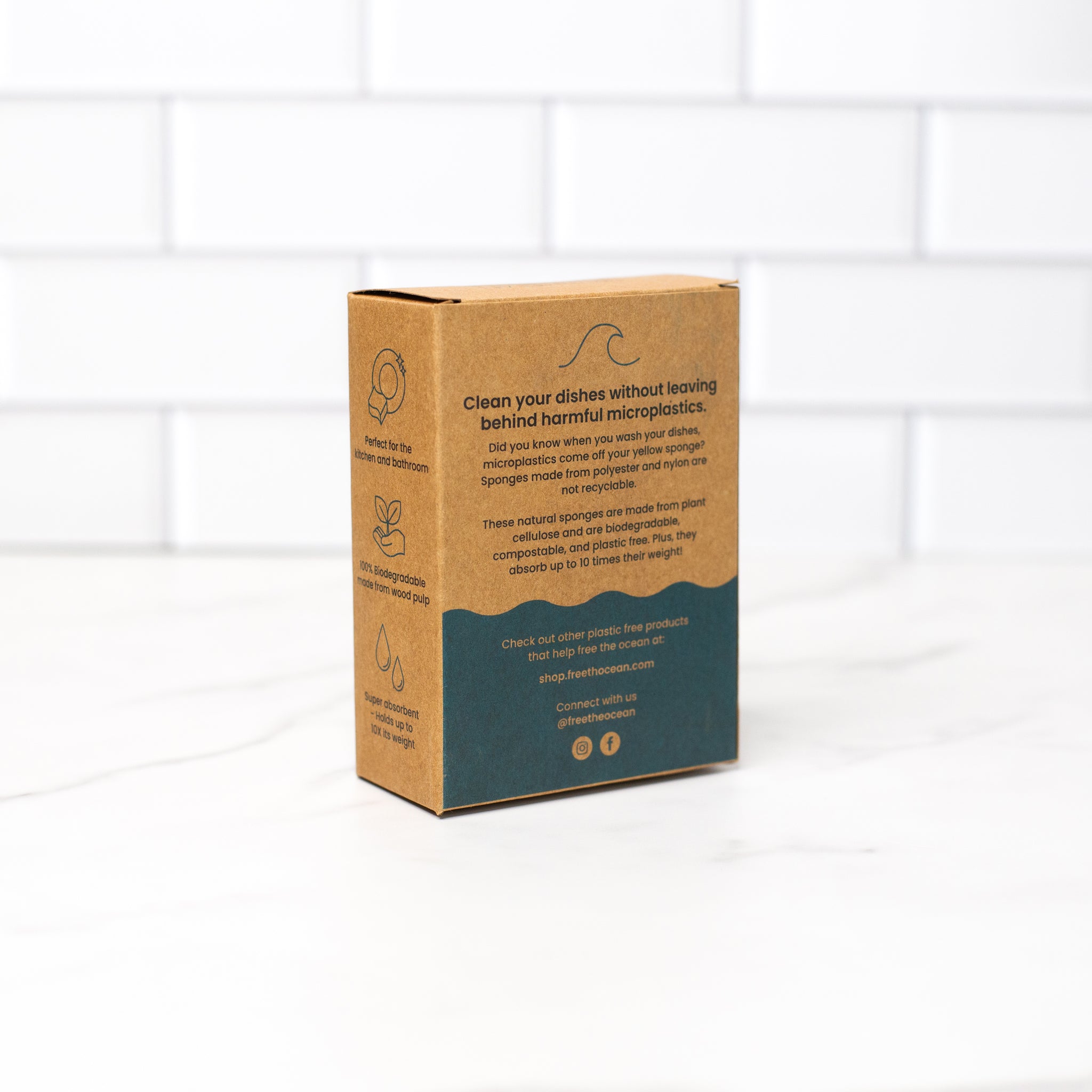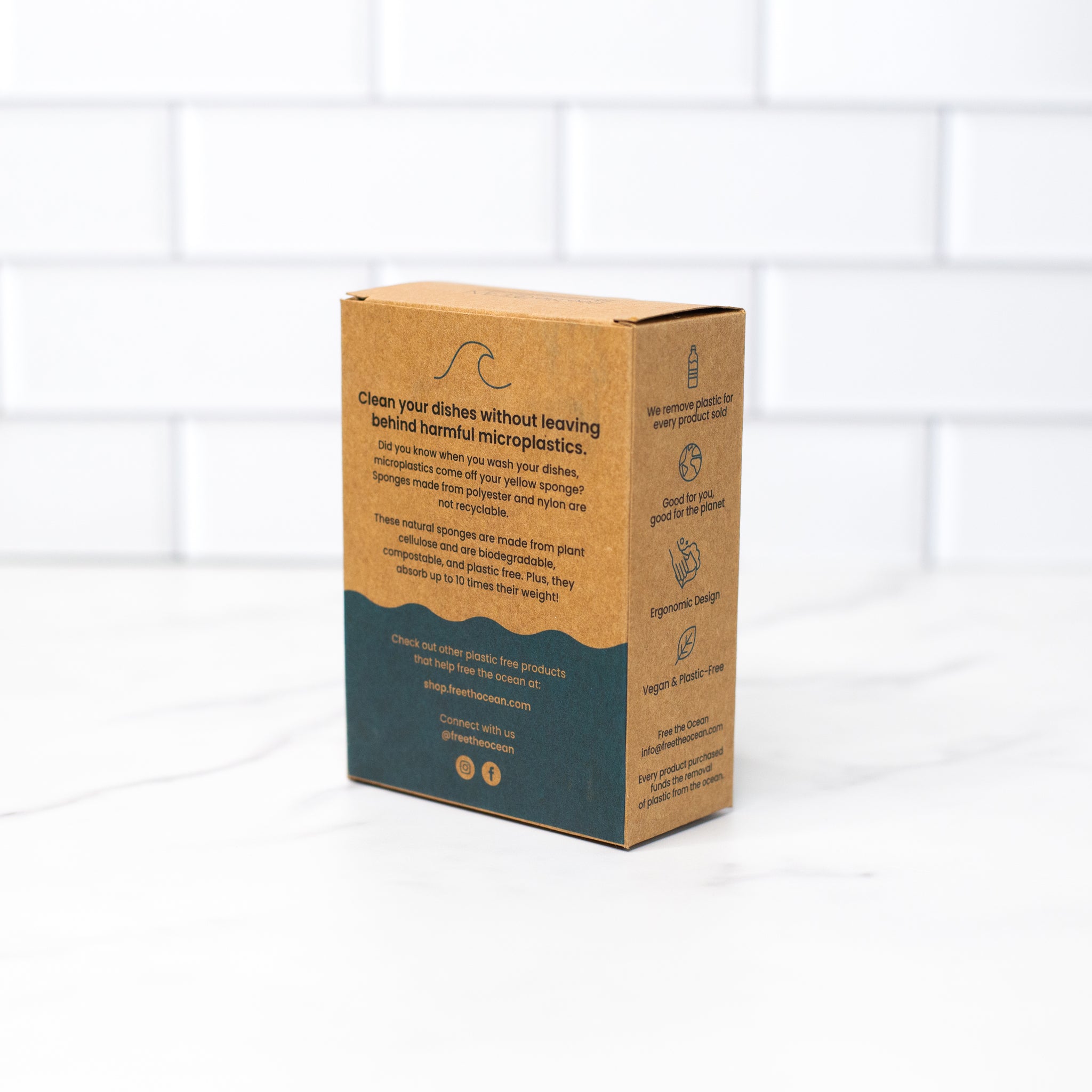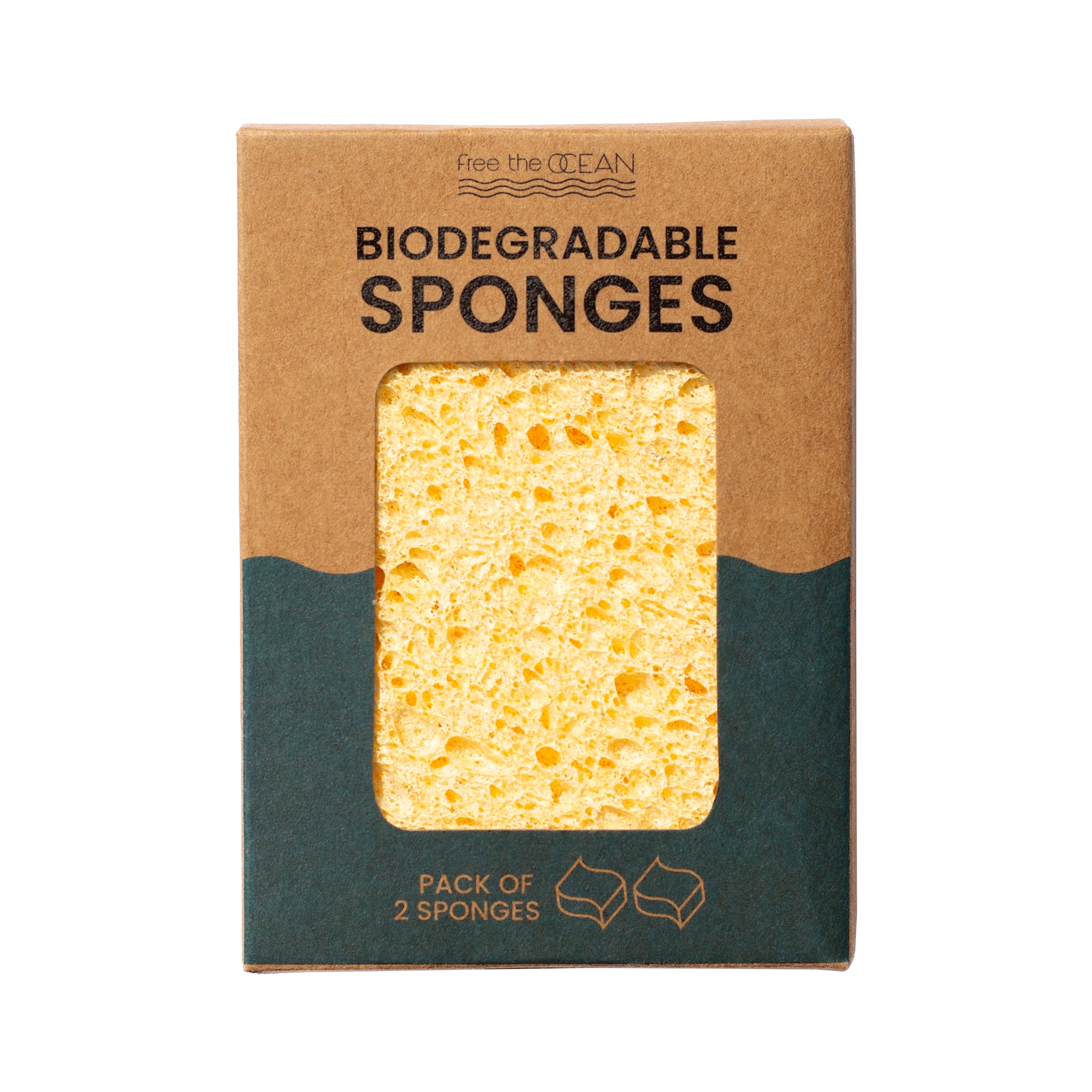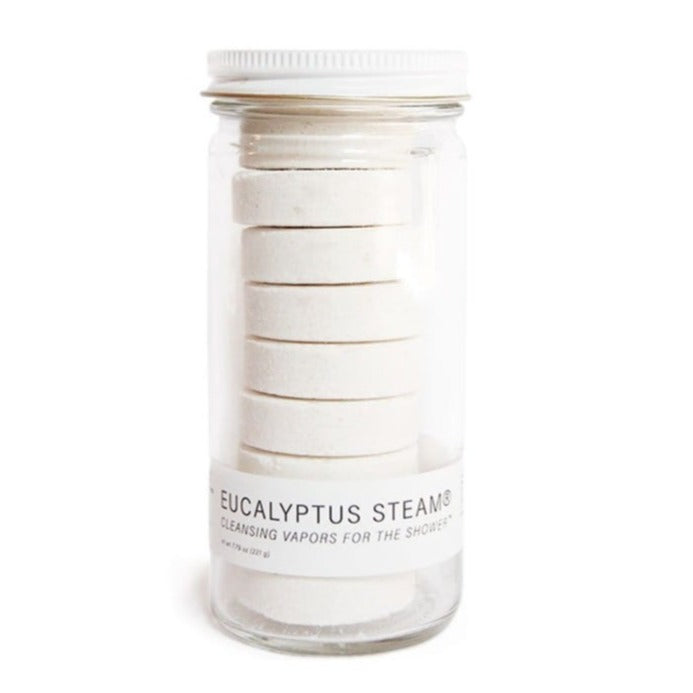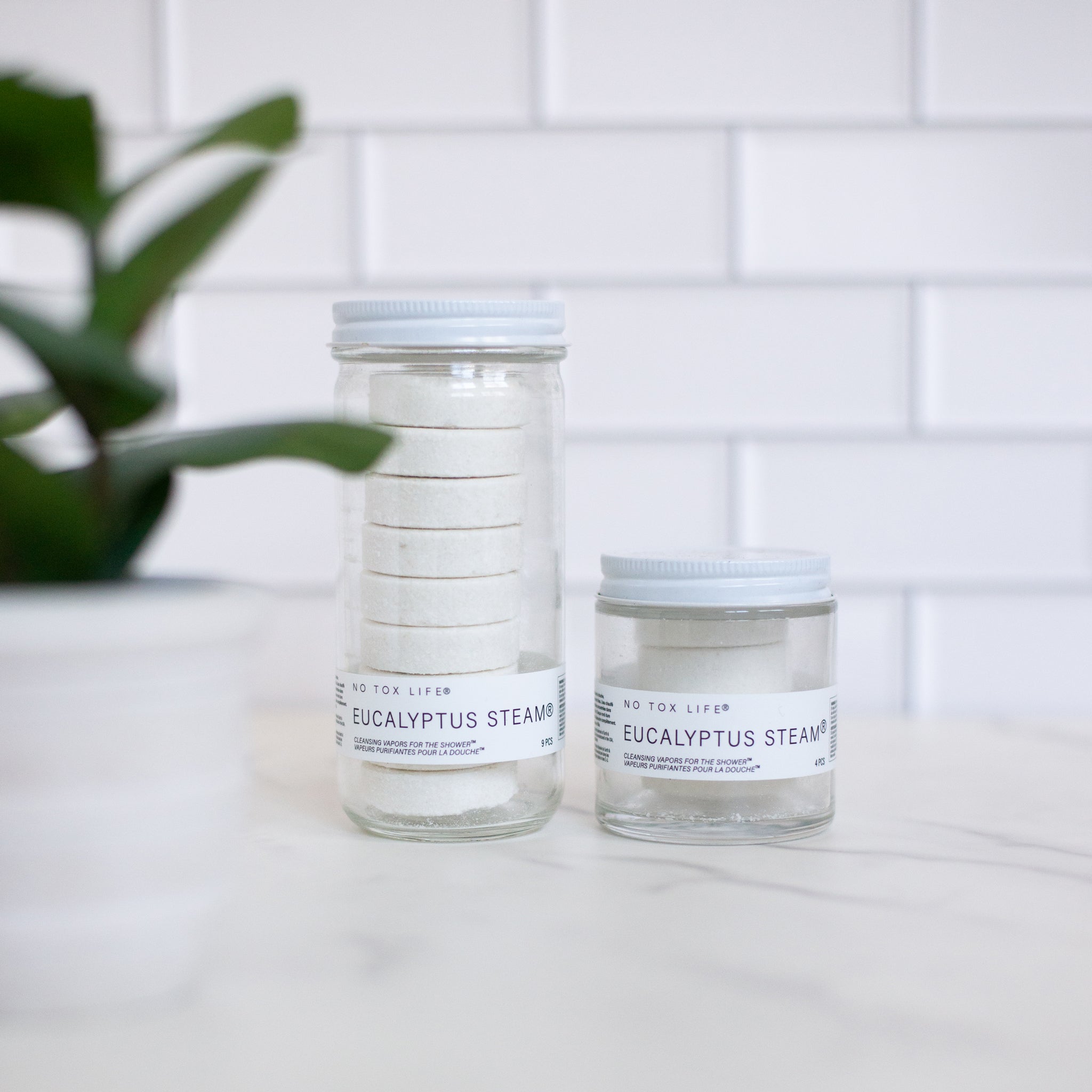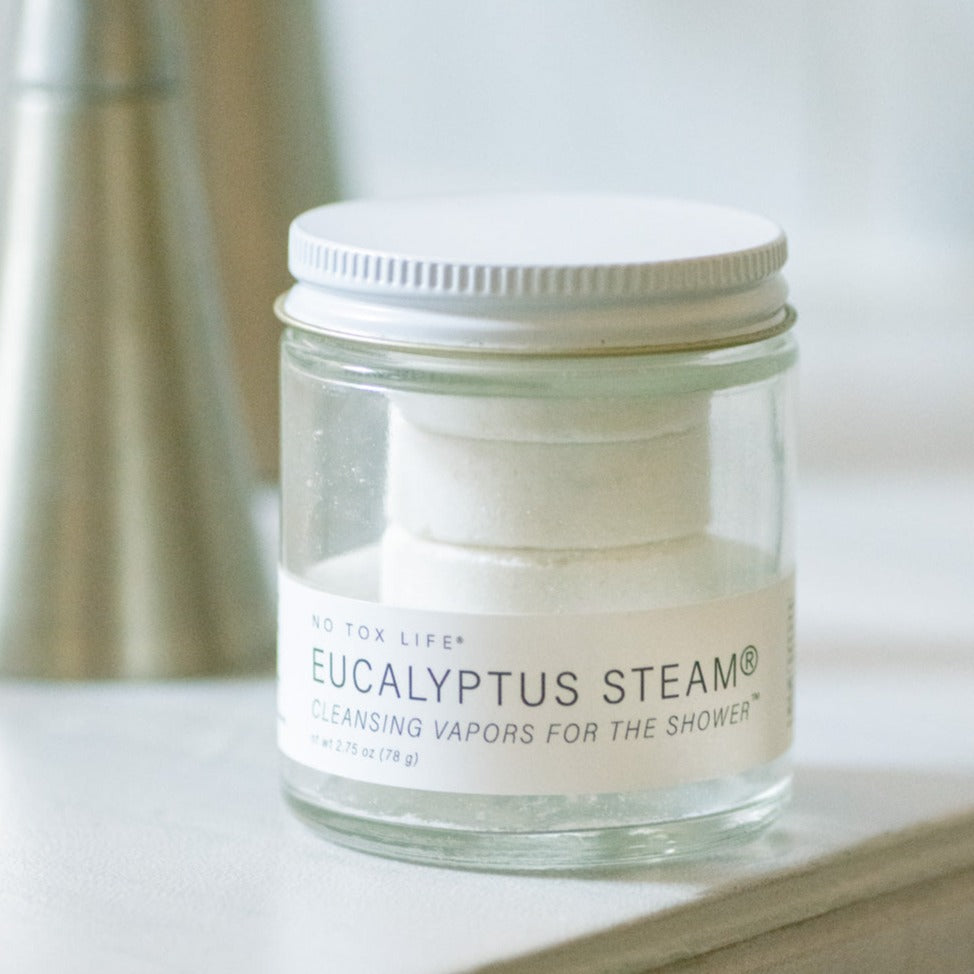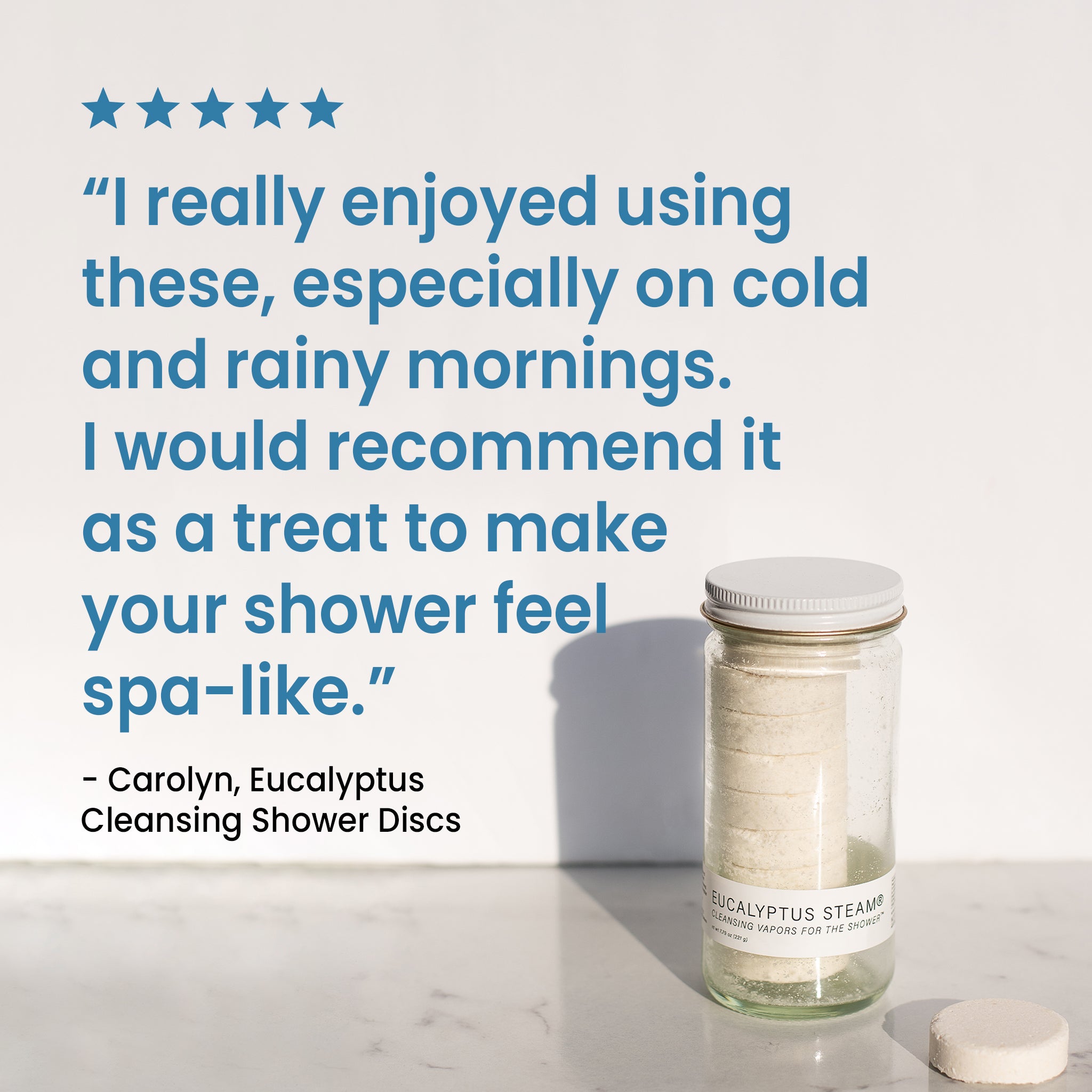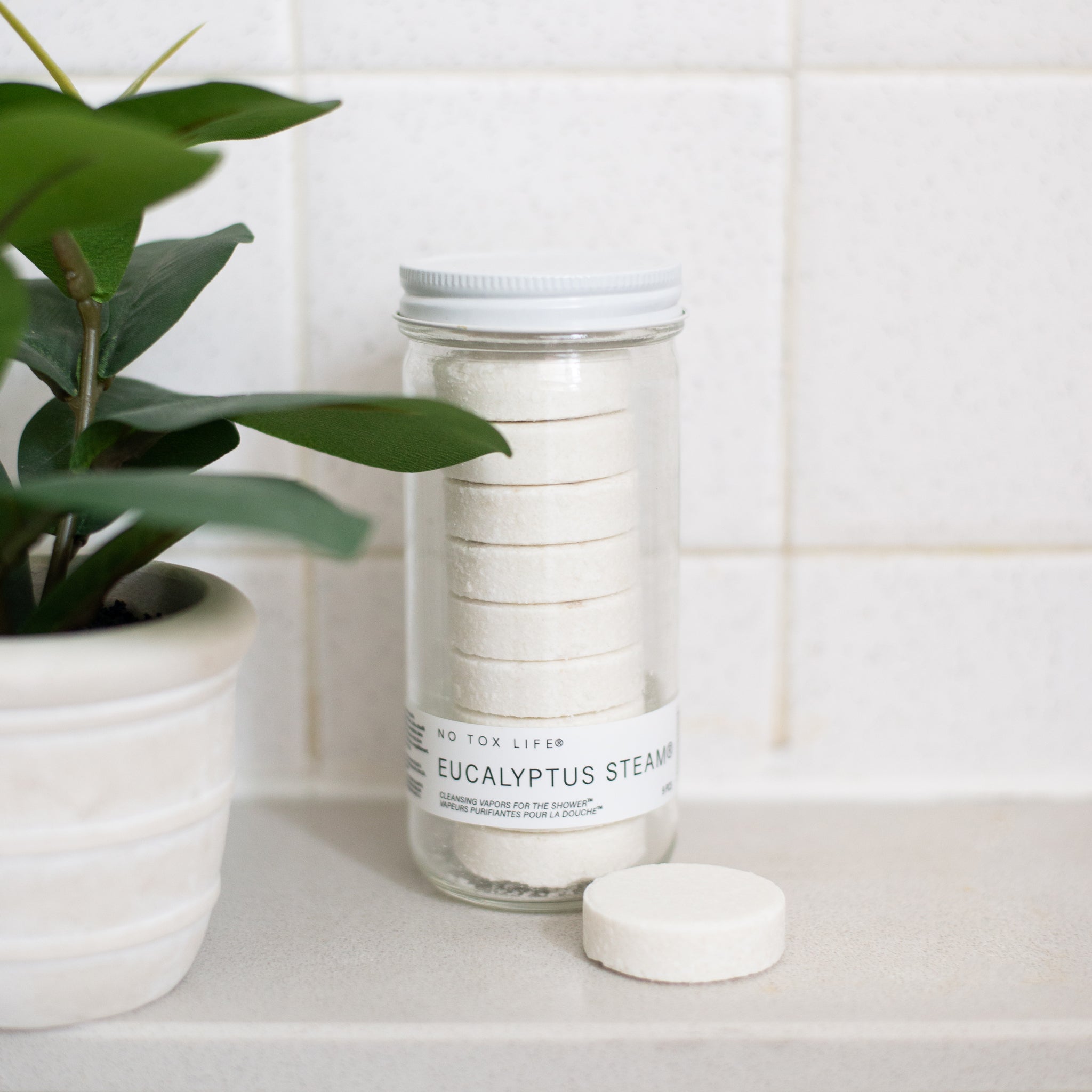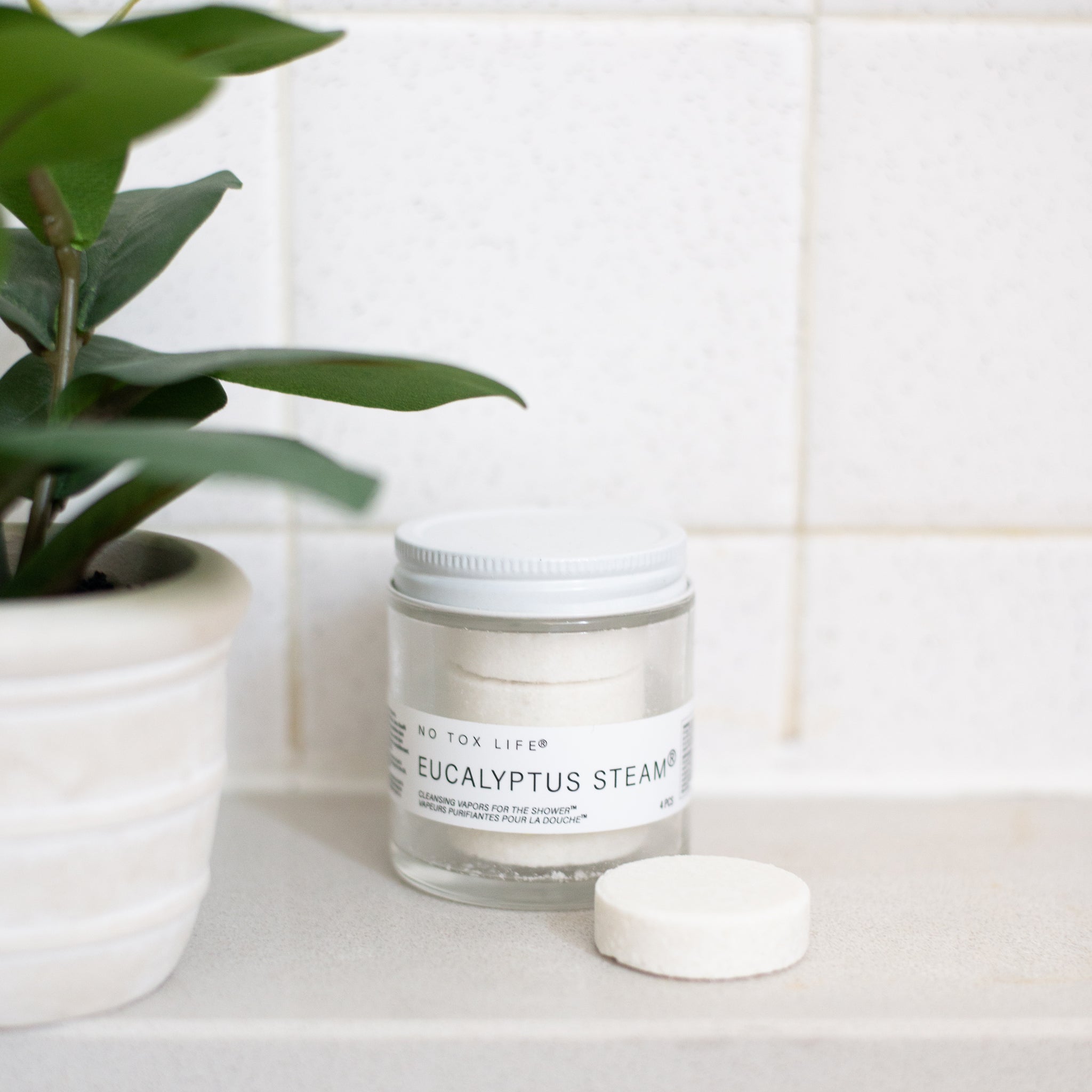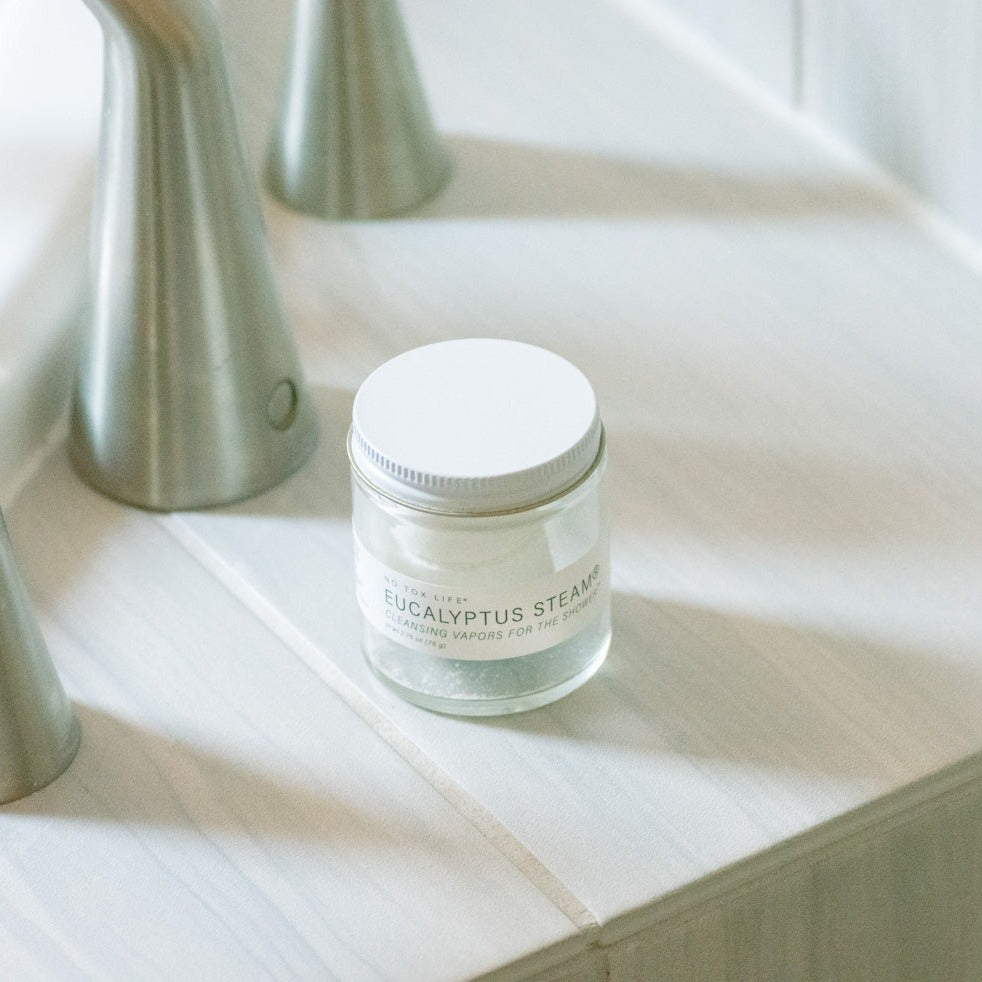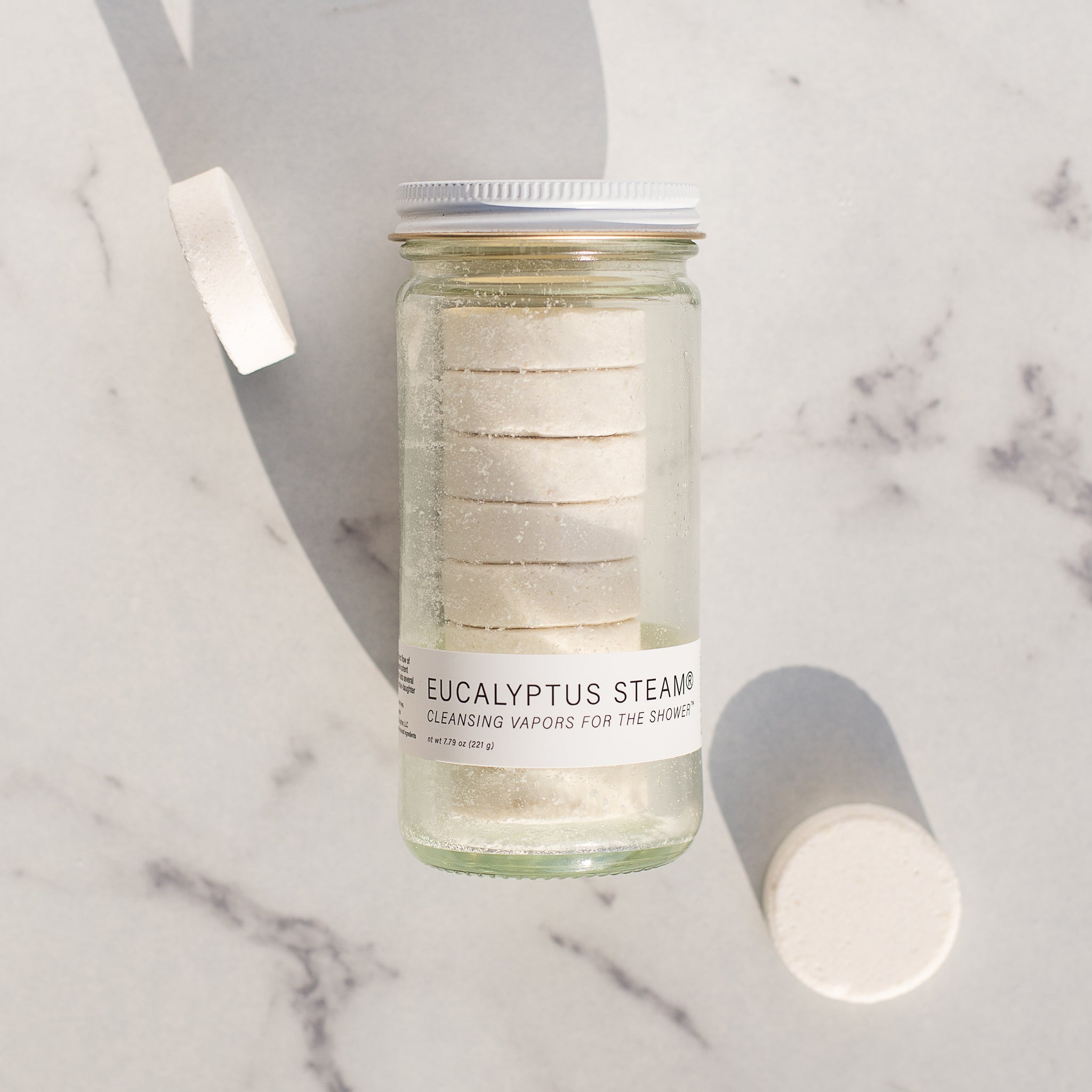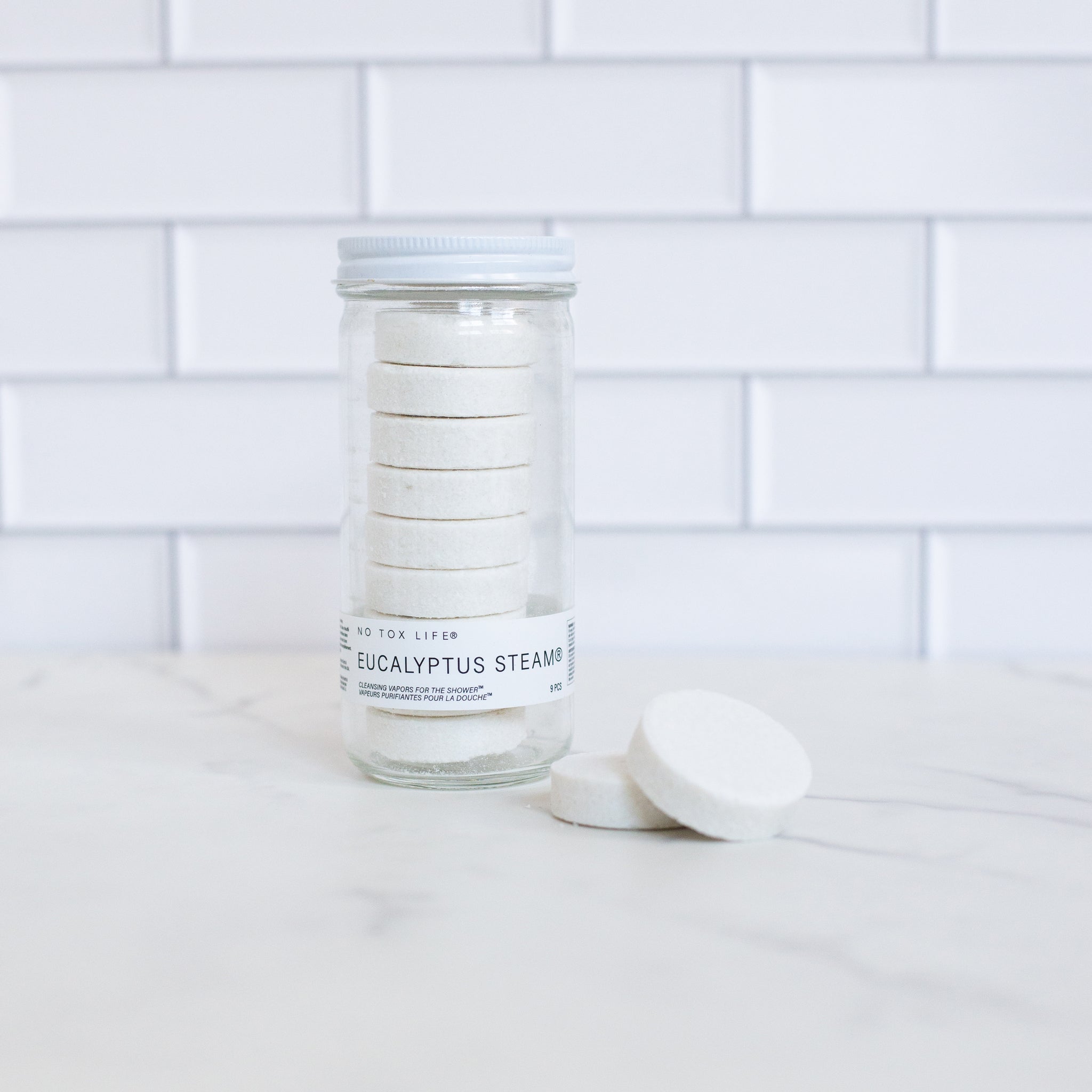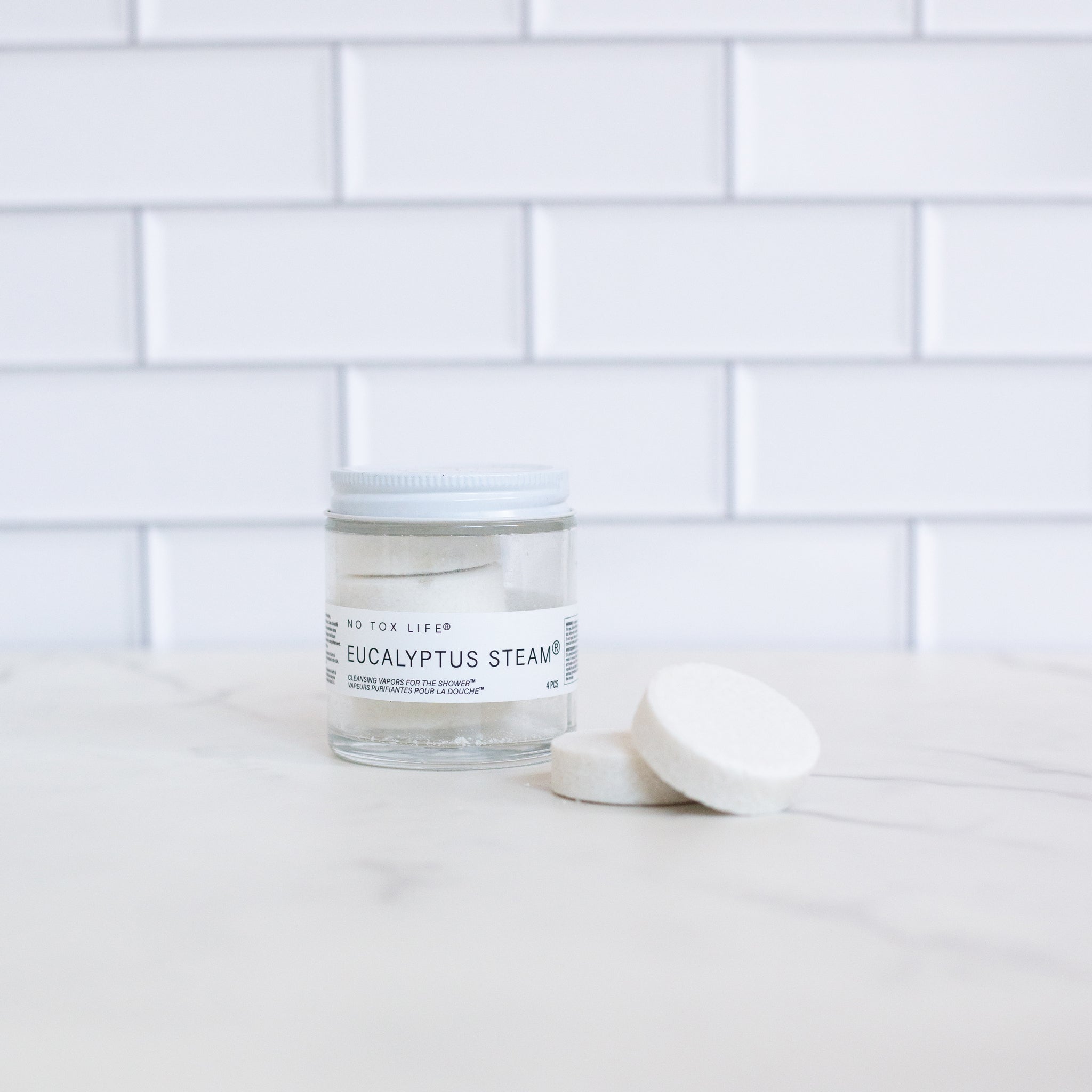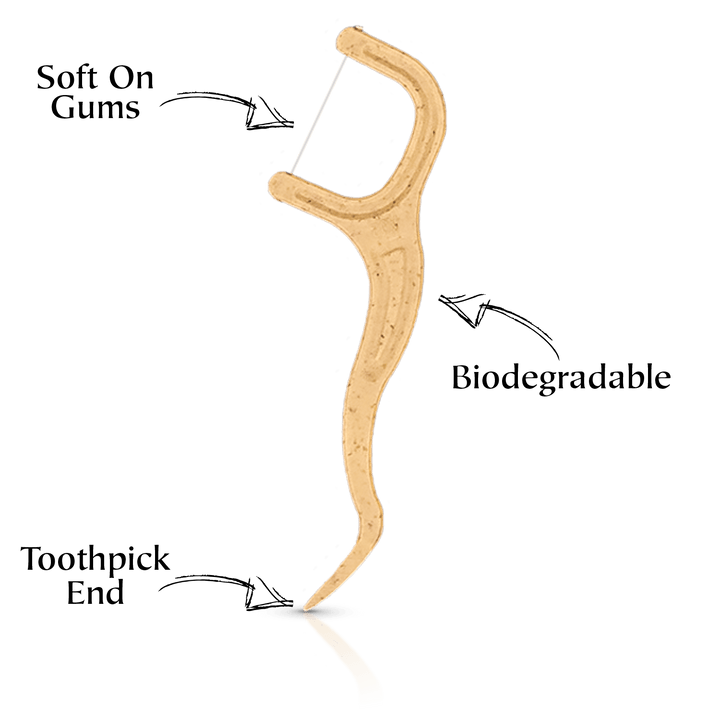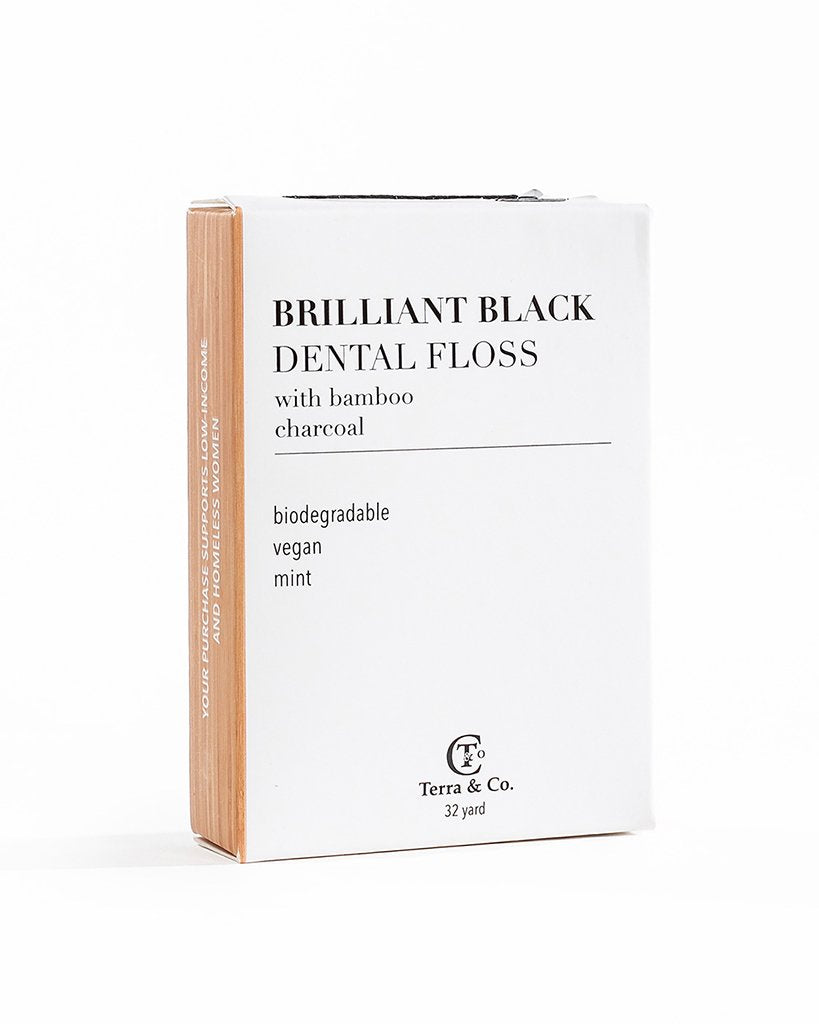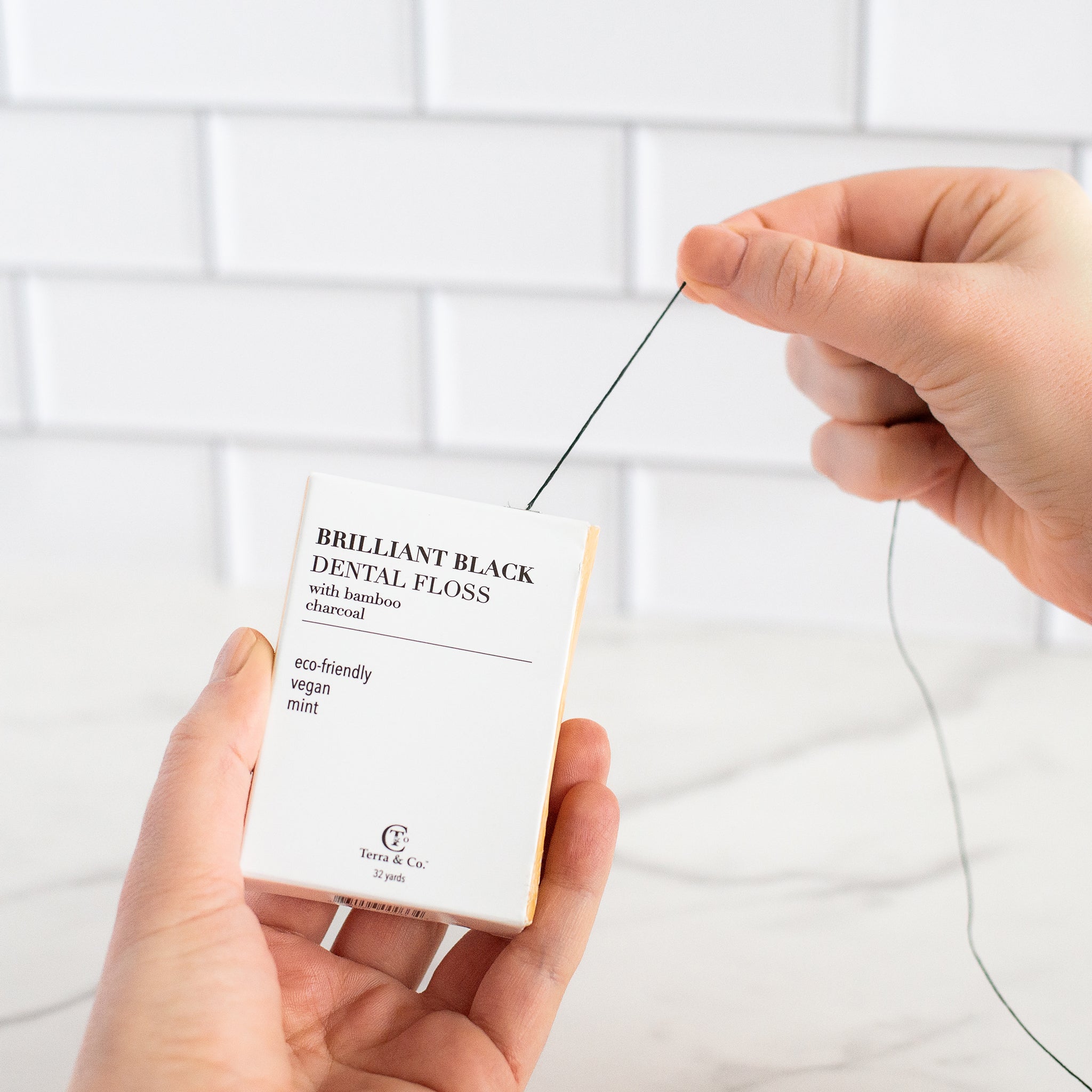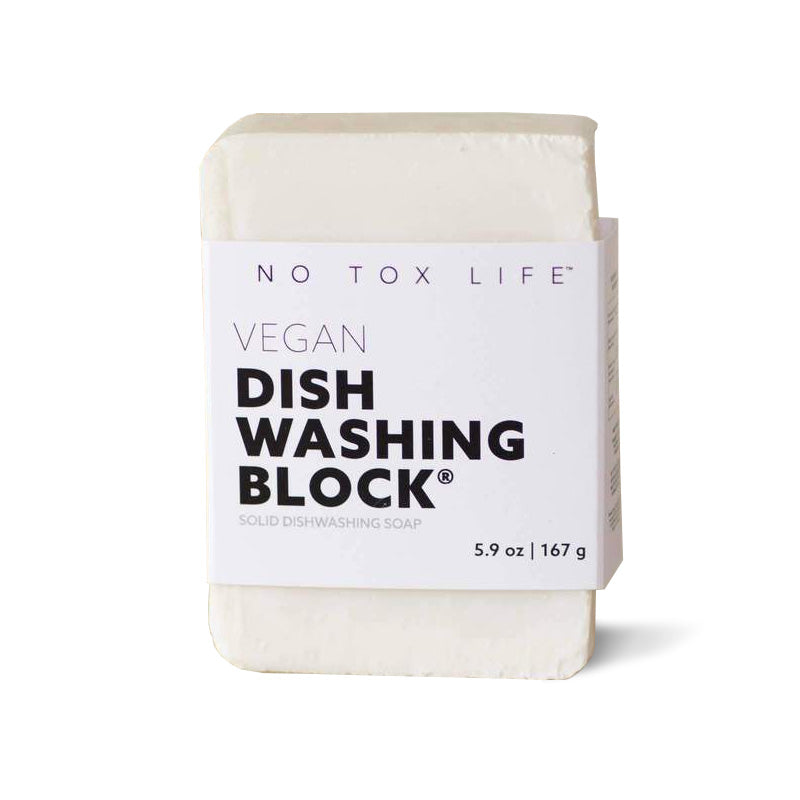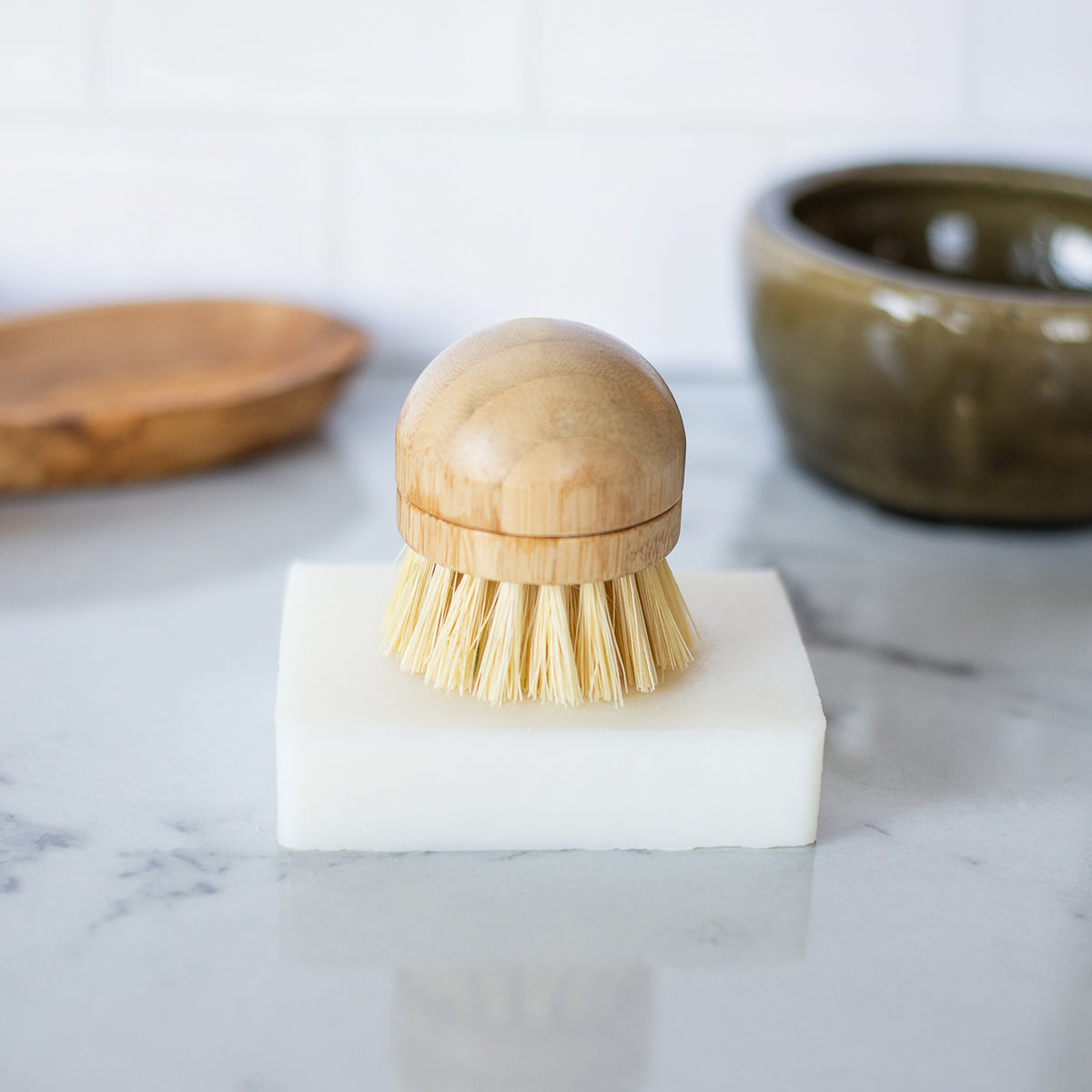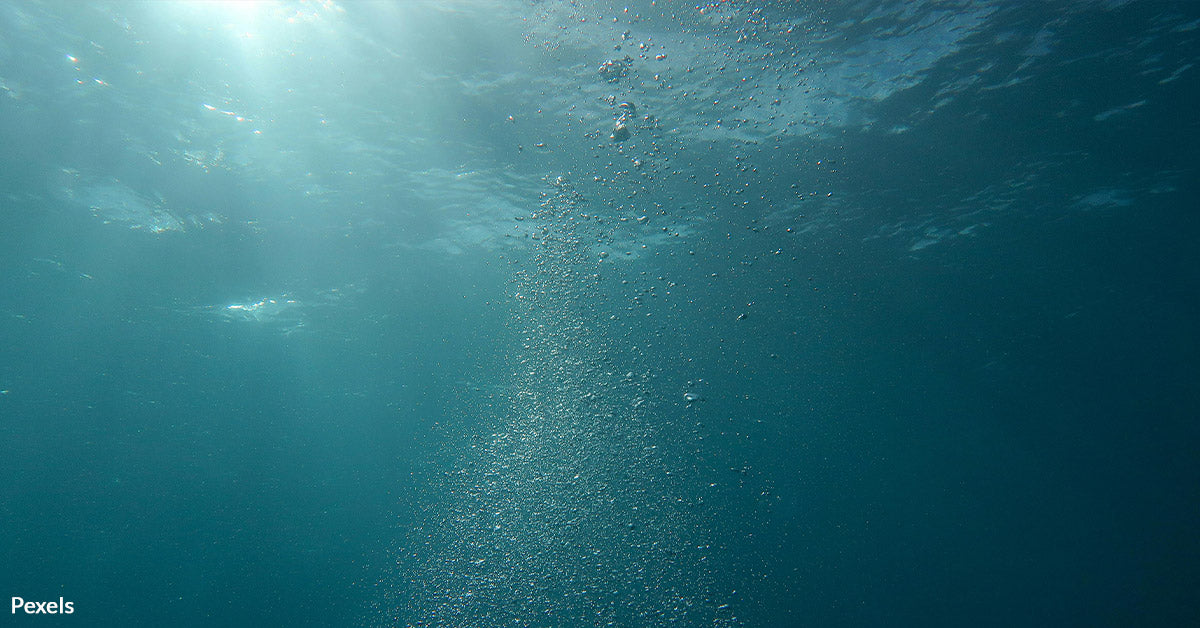Why It’s Important to Shop Sustainably
Everything we do, no matter how small, can affect the planet. From the food we eat and the bottles we use to the way we travel and the type of clothing we buy, every decision matters. There’s a common misconception that ethical and sustainable lifestyles are expensive, difficult, and cumbersome. But living with the planet in mind can be a relatively easy thing to do once you know what types of products to look out for, what to avoid, and create new habits.
If you’re new to the idea of sustainability or want to do a little more for the planet, we’ve got you covered. Here, we’ll be discussing the reasons it’s so important to shop sustainably, plus some things you can do to work towards a more sustainable lifestyle.
1. It reduces waste.
Sustainable brands create less waste as materials are made to last and then reused, rather than going to the landfill after one use. For example, if you buy a plastic toothbrush you’ll use it for 3 months to a year (depending on whether you follow their advice on how often you replace it!) and then throw it away, where it will go to a landfill. There, it will outlive you by a few centuries since they take around 500 years to decompose. When you instead buy a bamboo toothbrush, it will decompose in as little as 3-4 months (though it can take 5-10 years if you put it in your garden compost bin).
2. The waste from your products can be reused.
Sustainable products are often zero-waste, or very close to it. This means that every part of their packaging can be recycled, and so no part of it need go to landfill. The glass jar and metal lid your hair conditioner comes in can go in the recycling and be completely reused (or you can repurpose it at home). The paper packaging around your soap bars can go straight in the recycling and be turned into another paper product.

3. It places the ocean and marine life under less strain.
Single-use plastics often end up in the ocean – in fact of the 300 million tons of plastic produced each year, around 14 million tons find its way into the ocean. Around 80% of all marine debris is plastic, the remaining being metal or natural materials such as wood. We’ve all seen pictures of marine life caught up in plastic waste, but even small residual plastic can end up in the stomachs of fish, whales, and birds and cause harm.
4. No toxicity can enter soil and waterways.
Unsustainable products and packaging often include chemicals and toxicity that pollute and damage the environment around it when it’s made and when it starts to break down. These chemicals pollute the soil in the area and nearby waterways, which can then cause harm to flora and fauna, and work their way into our food sources.

5. You vote with your money.
Consumers have power in their decisions. If we want the world’s resources and environments to be protected and for big companies to change how they do things, we can’t just wait for governments to force them to change.
Remember that where you spend your dollars counts. If a company sees that their sales are dropping or that their sustainable options are selling best, they’ll push their money into producing more options that meet customer demand. Simply put, if we don’t buy products that are bad for our planet, companies won’t make them. So look for sustainable options, buy eco-friendly options when you’re in the supermarket and don’t spend money on things that won’t last.

Sustainable living has hugely positive effects on the air we breathe and the cleanness of our waters and it doesn’t have to be complicated. Sustainable living is about doing what we can; it’s about living sensibly within our means and considering the effects of our choices whenever we make a purchase. Sustainable shopping doesn’t need to happen overnight; it starts by thinking about the things you usually buy and asking yourself if there’s a more sustainable alternative. If there is and it’s within your budget, then why not make the swap?
Remember that every small act you do contributes to making the world a better place for all its inhabitants, and be proud of that. If you’re looking to start making sustainable swaps this year, we have lots of fun options available that will lighten your heart and your plastic footprint!










































































